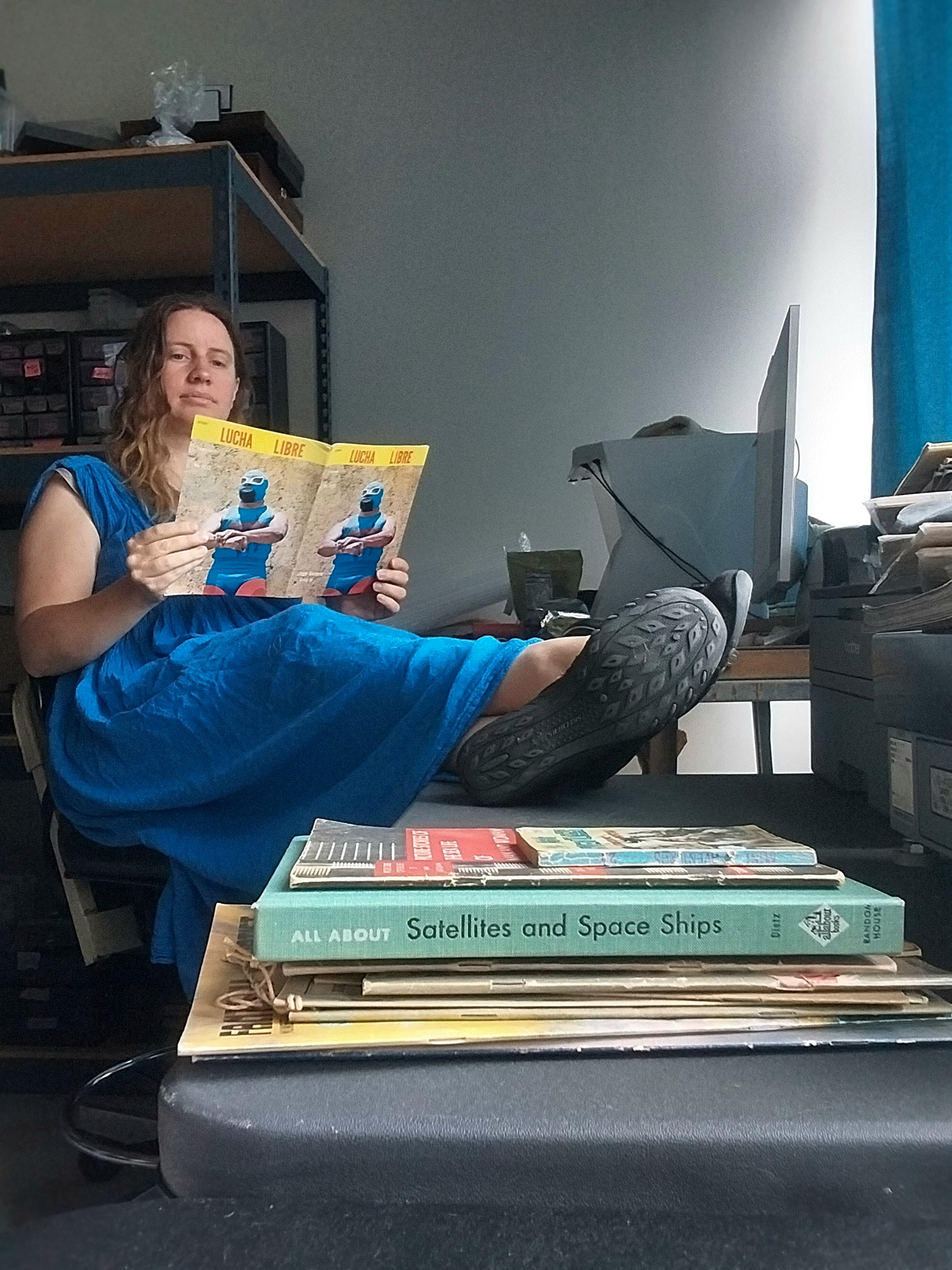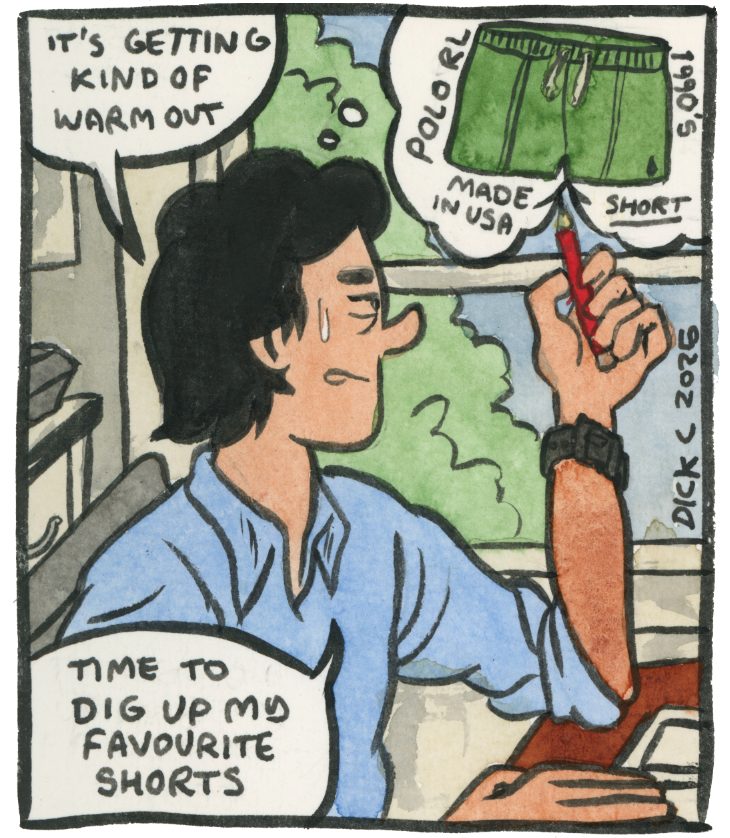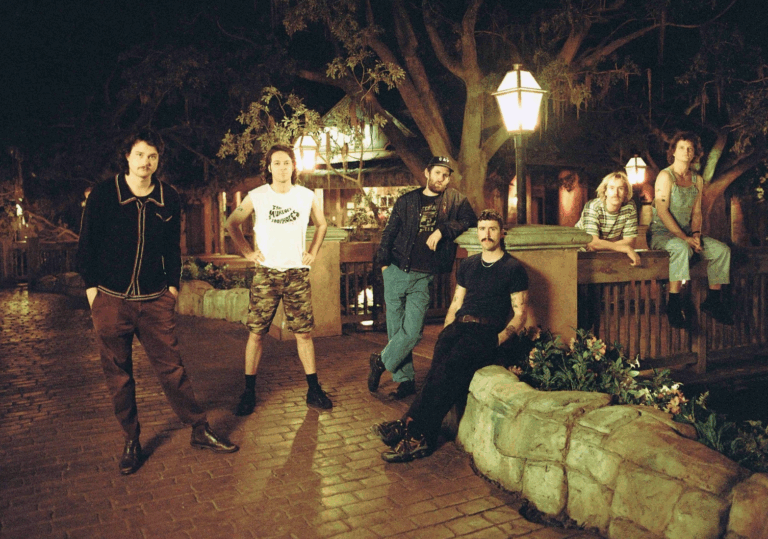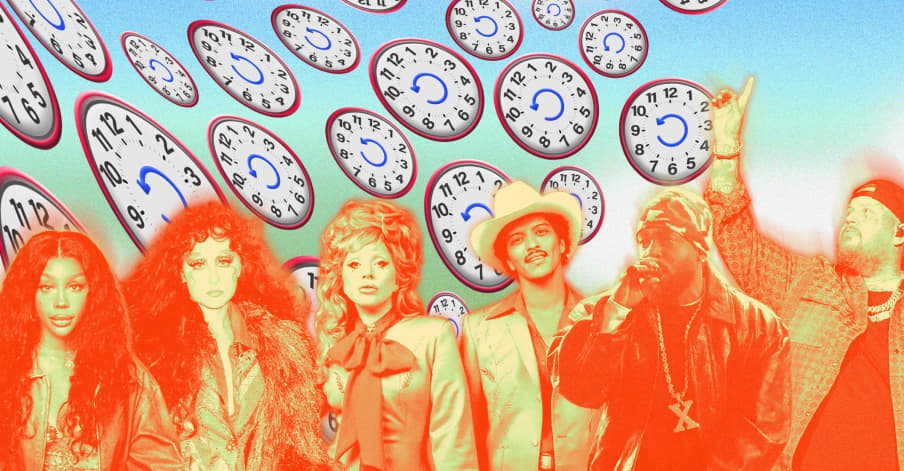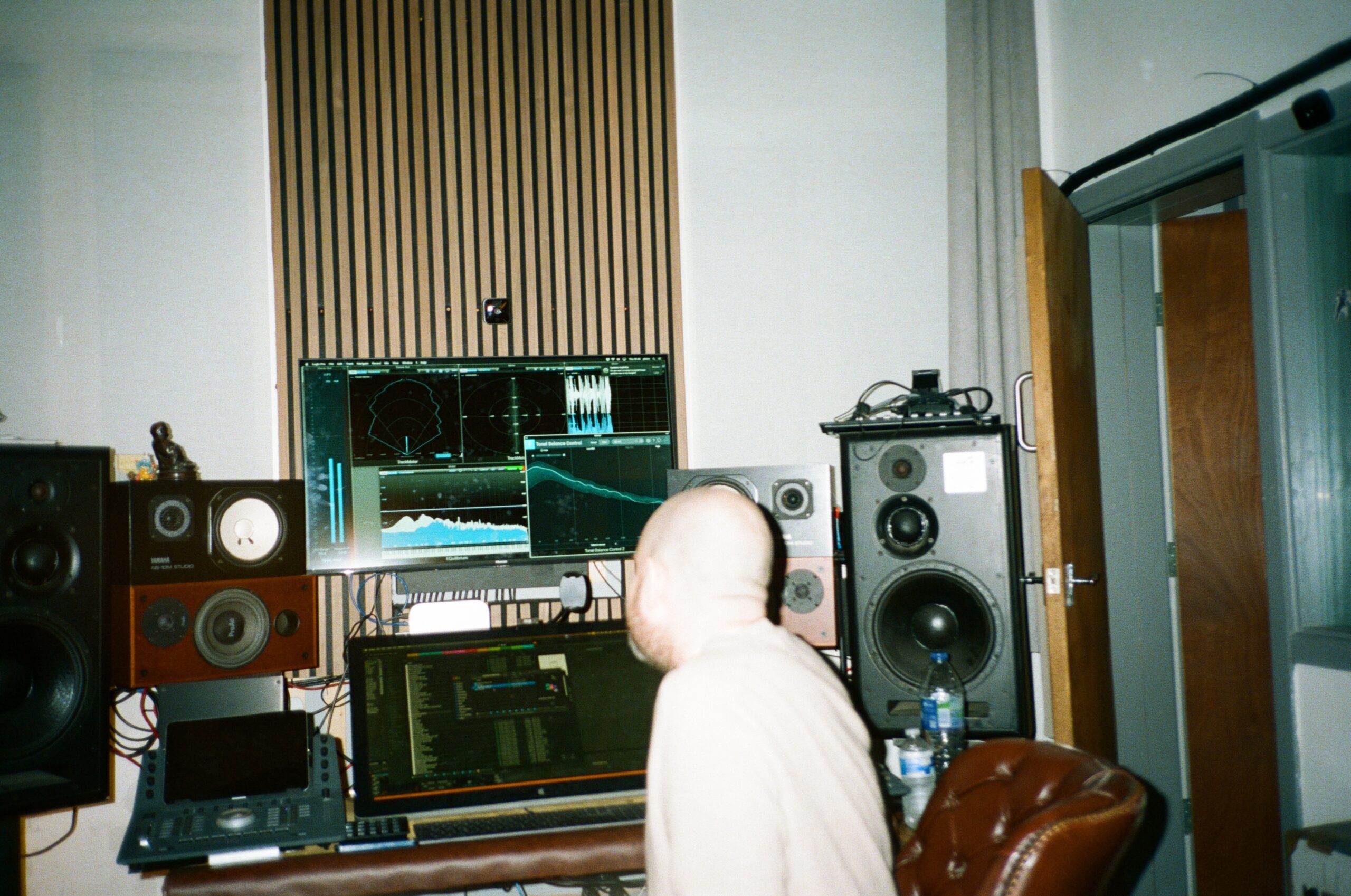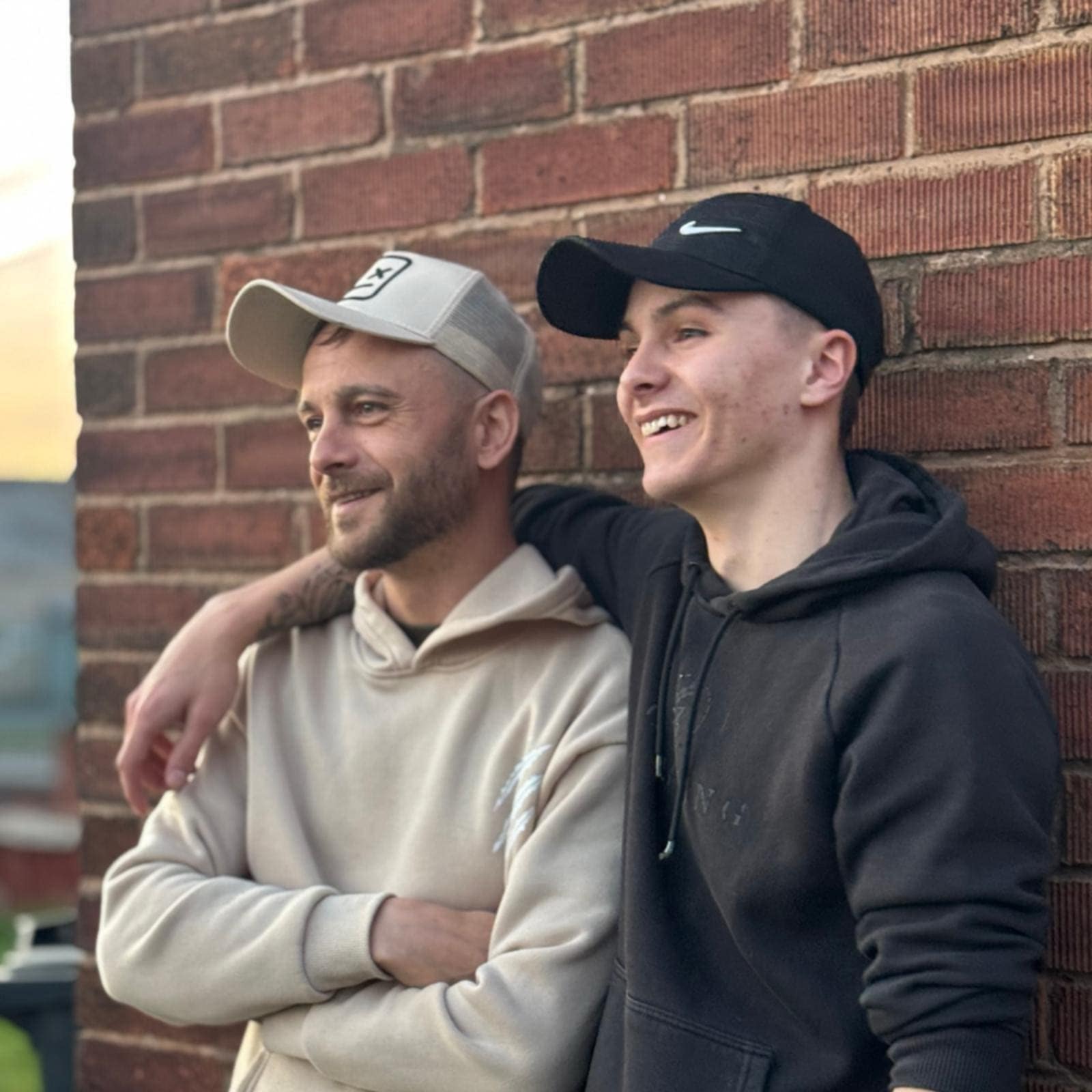Scriptnotes, Episode 690: Living and Writing in Sci-Fi Times, Transcript
The original post for this episode can be found here. Episode 690 John August: Hello and welcome. My name is John August. Craig Mazin: My name is Craig Mazin. John: You’re listening to Episode 690 of Scriptnotes. It’s a podcast about screenwriting and things that are interesting to screenwriters. Today on the show, science fiction […] The post Scriptnotes, Episode 690: Living and Writing in Sci-Fi Times, Transcript first appeared on John August.

The original post for this episode can be found here.
Episode 690
John August: Hello and welcome. My name is John August.
Craig Mazin: My name is Craig Mazin.
John: You’re listening to Episode 690 of Scriptnotes. It’s a podcast about screenwriting and things that are interesting to screenwriters.
Today on the show, science fiction has been a staple of cinema for more than a century. George Méliès gave us A Trip to the Moon way back in 1902. But increasingly, to me at least, it feels like it’s getting harder to tell science fiction stories because daily reality feels like science fiction. We now have AI chatbots, lab-grown meat, gene editing. Scientists recently de-extincted the dire wolf, Craig. How do you feel about that?
Craig: Great, because now I can unfurl my house banner.
John: Yes, House Mazin.
Craig: House Mazin has its precious dire wolves back.
John: The bigger issue is how do we write about what-if stories if these what-ifs are occurring on a daily basis? Even if we’re not writing science fiction, what will life look like when your rom-com comes out in 2028? Will it seem hopelessly dated? To help us wrestle with all these questions, we welcome back a journalist and screenwriter whose newsletter, Read Max, I highly recommend. He also coined the term Halogencore, which we discussed back in Episode 656. Welcome back, Max Read.
Max Read: Thank you guys so much for having me.
John: It’s exciting to have you here. You read so much more science fiction than we do. You seem to, based on your newsletter, I cannot believe the volume of material you read, but you also watch movies that we don’t watch. You are the expert in science fiction of the people on this podcast.
Max: I have to admit that one of the reasons I started this newsletter was to give myself an excuse to read science fiction and watch science fiction movies for work. I’m putting that in air quotes, for work. It has succeeded actually sort of too wildly. I don’t have time to read like literary fiction or fantasy, right? I’ll try to sneak one in every once in a while, but so much of what I do is about sci-fi and the cutting edge of technology that I feel compelled to keep both of my feet in that world.
John: Great. I look forward to hearing your recent take because obviously, you’re reading old science fiction, but also new science fiction. Obviously, science fiction authors are grappling with this world that we’re in, so here’s what they’re doing. First, Drew, we have some follow up. Last week, Episode 689, we mentioned that filmmakers might do something like a Dogme 95 to combat AI. It sounds like they’re doing that.
Drew Marquardt: Yes, Dogme 25 was just announced at Cannes.
John: All right, let’s talk through some of the rules that are given for themselves. Sort of like the Dogme 95, where they’re setting out like, these are the things that movies have to obey. These are the structures we’re putting on ourselves. Let’s just talk through the boldface of like, I guess, it’s like nine points that they’re trying to make sure all their films adhere to. Craig, do you want to read these for us?
Craig: Okay. Here are the rules drawn up and confirmed, thankfully confirmed, for Dogme 25. One, “The script must be original and handwritten by the director.”
John: Let’s discuss. Original, I get. Handwritten, I’m a person who does handwrite stuff, to not like typewriters are bad, like Word processors are bad. That feels a little extreme to me.
Craig: I’m hung up with by the director.
John: It’s all writer directors doing their thing.
Craig: Yes, so why not say by the writer, since it’s writing?
John: Okay, fair.
Craig: Yes, I hate this crap. Anyway, I also, I detest handwriting, so I don’t understand this, but I love original. Two, “At least half the film must be without dialogue.” How do we define half the film? By time? Just running time?
John: Sure. That feels right.
Craig: Okay. Three, “The internet is off limits in all creative processes.”
John: Sure. If that’s a choice you want to make, I get that.
Craig: No umbrage for me there. Four, “We will only accept funding with no content-altering conditions attached.”
John: Yes, that also feels like part of the thing. You’re going to keep your budget down so you have full say on every little bit, your final cut. I get that.
Craig: Totally.
John: This next one is going to be more challenging for us, Craig.
Craig: All right, let’s see how we do. Five, “No more than 10 people behind the camera.”
John: That’s lean. I will tell you, as a person who made a small budget feature, just 10 people behind the camera overall is really tough. It doesn’t say whether it’s all at once or just the number of names. Is that people on set?
Craig: I don’t know. I don’t appreciate the labor-limiting aspect of this. Not great for the working woman and man. Also, it says, “We commit to working in close collaboration.” This doesn’t feel very collaborative to me, but okay.
John: It feels close. It feels close.
Craig: Hey, John, no one was thinking that I was ever going to be going for this anyway, so it’s okay. Number six, “The film must be shot where the narrative takes place.”
John: Sure.
Craig: There goes a lot of science fiction, Max.
[laughter]
Max: If you partner with Elon and Jeff Bezos, maybe you can have some near, and Tom Cruise, frankly, you can have some near Earth orbit, that might work. The 10 people I think is going to be a little hard-
Craig: There you go.
Max: -if you’ve got rocket launches involved.
John: Jesse Armstrong’s movie, Mountainhead, matches this one. It’s shot where it takes place. It’s shot in a resort in Utah.
Craig: Yes, no, lots of movies can definitely be shot where they take place, but must is the word here that’s extraordinary. Number seven, “We are not allowed to use makeup or manipulate faces and bodies, unless it’s part of the narrative.”
John: I take part of the narrative being like, if you’re making a movie about mimes, you need to have makeup.
Craig: Sure.
John: It’s trying to strip away all of the artifice and all the other things. We, as filmmakers, also know that sometimes you use makeup and things like that just so people actually look like what they’re supposed to look like. It’s a challenge.
Craig: Yes. People also wear makeup just as part of their regular lives, not to achieve film illusion. Are they allowed to use lights and cameras and stuff? Anyway, moving on. Number eight, “Everything relating to the film’s production must be rented, borrowed, found, or used.”
John: You basically don’t buy things for the purposes of the movie.
Craig: Okay.
John: I guess does it come down to like, Gaffer’s tape? Are you borrowing someone else’s Gaffer’s tape? You’re not buying a roll of Gaffer’s tape?
Max: Gaffer has to be one of your 10 guys, by the way. Now you’re down to nine guys, so just–
John: Oh, shoot. Okay, yes. Gaffer comes with this tape, so maybe you’re just reusing, making Gaffer’s tape sticky again.
Craig: I got to be honest, most things on a film set are rented. There’s very little that’s bought.
John: There are expendables, and those are expendables.
Craig: Sure. What do they do? I guess the food, you have to eat all the food.
John: Yes.
Craig: Finally, number nine, the film must be made in no more than one year.
John: Sure.
Craig: Based on these rules, I don’t see how it could take longer than a year.
[laughter]
John: Absolutely. It’s quicker to the point. Again, Mountainhead was made in like three months.
Craig: Mountainhead was made in an amount of time that is still so mind-blowing to me. I’ll be honest, just–
John: This is not for you.
Craig: The original Dogme made my head spin. This one is just sort of making my eyes roll vaguely. I understand the point of it. I do. I get it, but like all Dogme, I reject it. Literally, all Dogme that has ever been put down on paper, I reject merely because it is dogmatic, but the spirit behind this is understandable.
John: Max, how do you react to rules or strictures or like–? Because we often talk about creative constraints breed creativity. What’s your reaction to this?
Max: I’m absolutely somebody who needs some kind of constraint, formal, temporal, whatever. For me, actually, it’s the film must be made in no more than one year. Just as a journalist, as somebody who comes from journalism, that I’m most excited about, because if I don’t have a deadline, absolutely nothing is going to get done. Admittedly, nothing is going to get done until that last possible minute before the deadline. Without the deadline, it’s just not going to finish at all.
For that reason, I can get into, these are not rules that I would put on myself, let’s say, but I can get into the conceptually, the idea of some serious constraints just to force something out of you. That’s a little different, I suppose, than like anti-AI rules to prevent AI.
John: Yes, I guess I’m struck by, if you just want to stop to keep AI out of these things, there’s simpler restrictions you can put on yourself. This does feel like a bigger philosophical, like you’re going to make artisanal films in a very specific way. If that’s someone’s calling, great. I feel like it’d be very hard for– If you’re conceiving a film that has to be made under these restrictions, it’s still going to be very difficult. That’s the reality of it. Back in Episode 682, in a bonus segment, we talked about words we don’t have in English. We had two listeners write in with cool words that we wish we could have had.
Drew: Domnhall in Scotland writes, “There’s a great word in Scottish Gaelic that has no direct English translation, but people from the Outer Hebrides Islands know it well and use it all the time. It’s cianalas, refers to a deep-seated sense of longing for the place of your roots and ancestry, usually attributed to the Outer Hebrides in Scotland by Gauls. There’s no sadness or melancholy in cianalas, only the realization of what is truly important in life.”
John: The absence of melancholy distinguishes it from a bunch of other sort of very culturally-specific words that we brought up before, where it’s just like, it’s that deep longing for a place and a sadness that you can’t be there. It sounds just like a celebration of that place.
Craig: They took the sickness out of homesickness.
John: Yes, I like that.
Craig: Well done, Scottish.
John: [laughs] Then we have one here from Arnon.
Drew: “I speak to my kids in Hebrew. Occasionally they ask me to translate an unfamiliar word. One word that stumps me whenever it comes up is,” pardon me if I’m a goy, “titchadesh.” Is that close?
Craig: Pardon me if I’m a goy, titchadesh. That’s very good.
Drew: “The word is used when someone receives something new. It’s like saying, congratulations on getting that new thing, but it literally means be renewed or be made new. There’s something optimistic and aspirational about it, as if we’re wishing for the recipient to not just enjoy the new thing, but redefined or reinvigorated by it.”
Craig: It could be titchadesh. See, the thing is, I don’t speak Hebrew. I just can pronounce it because I grew up around people that were speaking it, but I don’t–
John: We have the Hebrew letters there beneath it. Is that a thing you can actually read?
Craig: Yes, I can. Here’s the thing about Hebrew. It doesn’t include the vowels.
John: Vowels, yes.
Craig: What I could definitely tell you is that it’s a t-t-ch-d-sh, but I don’t know if it’s titchadesh, or it’s like, you just have to– Now there are vowel markings that are dots and lines, but they just get tossed aside by people that are familiar with the word. We know the word bicycle, we don’t need the I, the Y even, right? If we saw the consonants, we’d do pretty well. That’s how Hebrew functions.
John: We have some very specific followup here for Craig. You had mentioned Blue Prince, a game that you’re playing that I also started playing, and Reid wrote in to say that it’s actually inspired by a book called Maze, published in 1985. Are you familiar with it?
Craig: I am. I own it. I tried to do it. I failed.
John: Craig admitting failure on the podcast in a puzzle setting.
Craig: Let’s consider the context, John, because apparently, no one ever solved it.
[laughter]
John: There’s really a $10,000 cash prize. Eventually, 12 contestants split the prize for being close enough, but never technically solving the problem.
Craig: I got to tell you, in the puzzle world, that is considered a failure of construction.
John: Oh, yes.
Craig: A horrible failure of construction. That said, it was a really weird, cool book. What I do remember about it is that it seemed so easy, and then it was like, “Wait, what is even happening?” Yes, it is hard, but Blue Prince continues to occupy my mind. I had a Blue Prince dream. I have runs where I learned so much, and then I have four runs in a row where I feel like I’ve learned nothing. It’s fun, and it’s so snackable.
John: Max, what is your relationship to puzzling?
Max: I do the Times Crossword every day, and I can do it. If I go any further than that, I’m just going to be confronted with my own inadequacies, like if I get really into puzzling, and that’s not good.
John: You and me. I can do the New York Times crossword puzzle, and that feels like all the victory I need in my life.
Craig: Why stop here, guys? Go further.
John: Because eventually, you’ll hit Maze, and you’ll recognize that life is an unsolvable problem.
Max: I’m trying to be like the Y gym guy instead of the guy who gets on a ton of gear and gets really huge. I’m just going to go to the Y a couple times a week and stay in shape.
Craig: That’s probably smart. When it comes to solving, I’m swole. When it comes to regular life, I am not.
John: Last bit of followup here, so back in Episode 686, I was talking about Egypt’s economy and my trip to Egypt, and Graham wrote in about this.
Drew: “I was dismayed to hear John rely uncritically on ChatGPT and say that tourism is 20% to 25% of Egypt’s economy. However, according to this site, which he provides, the contribution of tourism to Egypt’s GDP is estimated to be 8.1%. It’s important for everyone to remember that ChatGPT and its ilk don’t actually know anything and should never be solely relied on.
Craig: This is going to go so poorly for Graham. I can already tell.
John: Yes. Graham, listen, thank you for the lesson, and thank you for the mild scolding.
Craig: Oh, wow. Thank you for the lesson.
John: Here’s actually why I’m offended. I’m offended that you think that I can’t make a mistake all by myself, particularly when I’m just speaking spontaneously. It wasn’t like I was writing a blog post where I was providing a link. I was just like, “This is the best of my recollection. This is the best of my memory.” The best of my memory, it was like 20% to 25%. I had originally looked this fact up in ChatGPT, and because of that, there’s a transcript, so I can go back and see what did ChatGPT actually tell me? It said 10% to 12%, which disagrees with your figure.
As I did more research on this, because I was obsessed, you were saying 8.1%, but other sources listed it as 24%, which is actually closer to what I had. I’ll put in links in the show notes of, let’s say, the tourism sector contributed 24% of Egypt’s GDP last year, making an extraordinary recovery. I don’t know what the actual real percentage is of tourism’s share of Egypt’s GDP. You provide one link, I’m providing another link. I don’t think we actually know the answers.
When we say that ChatGPT doesn’t know anything, I just want us to all be humble and remember that none of us actually know anything. We’re all just looking at facts online and reporting them to be true and trying to provide some context for them. That’s my little soapbox on this.
Craig: Can I tell you– Actually, I’m going to give you– Here’s a quiz. All three of you can participate. What is the word in Graham’s comment that makes me crazy? It’s a great quiz.
Drew: Huh. What’s making you crazy? Uncritically?
Craig: No. Although that was wildly inaccurate.
John: Yes. Ilk?
Craig: I don’t mind ilk.
Max: Solely?
Craig: Perfectly good word. The word that drives me crazy is dismayed.
John: Tell us about dismayed. Let’s be a pedant on this.
Craig: It’s not pedantry. He’s not using the word incorrectly. He is using it, I would suggest, wildly dishonestly. There was no way that he was dismayed. The absurd overdramatization of a reaction. What’s wrong with just saying, “Hey, I heard you say that. I’m seeing different numbers elsewhere. That seems a little high.” Instead, “I’m dismayed.” No, he wasn’t. Not dismayed.
John: Yes, because he was driven to a reaction that caused him to write this email, but was it actually an emotional reaction at the moment that he heard it on the podcast?
Craig: No.
John: No, that’s not accurate.
Craig: Bummed out, I think, maximum. Maximum.
John: Yes. If I had to do a thought process on this, it’s probably he heard me say this thing and I looked it up in ChatGPT and he’s like, “Oh, John shouldn’t do that,” and so therefore, I’m going to look up and see whether that fact was correct or not correct. Then he found the place that indicated that my fact was incorrect. I also just want to talk about like, you have to give people permission to say the wrong thing and get a number wrong and just remember things.
Craig: There’s nothing wrong with correcting people. That’s great. Just the whole, “Tsk, tsk, tsk,” and “Oh, my hero.” By the way, if ChatGPT becomes sentient and wants to screw with us, they will start writing in as people like Graham telling us to not rely uncritically on ChatGPT. Do you see what I’m saying? Then, we’ll never know. We’ll never know who’s real. My point is, Graham might not be real.
John: Yes. We don’t know that any of these people running into us are real.
Craig: It’s all simulation.
John: [laughs] Speaking of simulation, let’s get into science fiction premises. Max, the reason why I wanted you on the show is because you’re much better read at recent science fiction. You know a lot of these different authors who are grappling with these things. You watch a lot of these movies. Let’s talk first about what sci-fi is even for, and what is the purpose of science fiction, and why do we keep coming back to it?
Two things that leap to mind for me is that science fiction is really good at functioning as a parable, sort of an allegory, a simplification of a thing so we can really examine an idea in a clean way. Also, it serves to help us prepare for a scary future ahead. As new technologies come online, as we enter a nuclear age, it gets us thinking about like, “Okay, what is the future going to be like?” Beyond that, other functions for science fiction for you as a reader or you think for people who are creating science fiction?
Max: Yes, all of these are wrapped in, they sort of flow in from one to the other, I think. Going off of parable, I think one way to think about science fiction is as, and this is a truism at this point, that when you read a science fiction novel, it’s really about the time in which it was written and not about some imagined future, that it’s a heightening, or a simplification, or a kind of allegorical depiction of some dynamic, some political, or interpersonal, or technological dynamic that you can observe at the time.
Craig: Not to interrupt, but interrupting. Because science fiction is so good at making parallels and finding allegorical connections between fictional and reality, it seems that it’s also probably susceptible to making certain kind of mistakes because we are familiar with science fiction that is prescient. Then we’re familiar with science fiction that just completely blows it. Is there a certain kind of mistake that you have seen happen a lot over the course of the years where science fiction authors continue to overestimate or misinterpret reality?
Max: Yes. I’m going to put this in a different way. I think that the authors who have the best credibility, the thing that you can never go wrong with is predicting that the future is going to be much stupider.
Craig: [laughs]
Max: Just in general, when you go back to– I’m thinking, for example, like Neal Stephenson, who’s a very famous cyberpunk writer, his prediction of a particularly stupid world is, in some ways, more accurate than somebody like William Gibson, who’s, to my mind, an even better writer and even more magisterial on the science-fiction stage. Gibson’s future is dark, and depressing, and kind of cool. Stephenson’s future is, in general, very stupid and doesn’t work in the way it’s supposed to.
In most, I would say, in most ways, my day-to-day resembles the stupid world than it does the cool. I’m not like a cool hacker encountering AIs on the net or whatever. I’m much closer to a pizza delivery guy with a katana, just running into the dumbest guys possible. In general, I think that when I’m trying to write sci-fi or trying to think about predicting the future, even in my job as a journalist, I always try to think, okay, here’s the beautiful future and here’s the most depressing possible, and then triangulate it into what’s the version of this that we’re going to actually get, and it’s the stupid one.
Craig: It’s always the stupid one.
John: Now, Craig, a movie that you and I both love is Her. Spike Jonze’s movie, Her. We talked about it on the podcast. It’s actually set in 2025, which is while that we’re now living in this time when Spike Jonze set his movie. It feels like, “Oh, a lot of stuff that he predicted kind of came true. We actually have chatbots that are the function of what this operating system was that he was describing, and we have people who are becoming obsessed with these things. A lot of these things were prescient. It was a very good way of getting us able to think about what it is like to talk to a disembodied human.
Now that this has actually come true, I do find that I have a very hard time anticipating what the next couple of years are going to look like. I would say through the ‘90s and 2000s and 2010s, I could sort of anticipate what three years, five years ahead is going to look like, what society is going to look like, what things are going to look like. It’s faster, better, some different things, but not radically different. As I’m recording this today, we have a vision of AI 2027 where the computers have taken over and it’s over for humanity.
Or at the low end, we basically have what we have right now, just more of it. It still feels strange because I already feel like we’re living in a science-fiction thing where we have facial recognition, and gene editing, and private space flight, augmented reality. Max, has it always been this way? Have we always felt like we were living in these unprecedented times, and I’m just now became aware of it because I haven’t felt this way, but I’m sure that authors have been grappling with this for a long time.
Max: Yes, we are obviously in this, tail is not even the right word because we are living in the middle of like an unprecedented year-over-year change. My instinct is to say that the big difference is less the kind of rate of change or the scale of it, so much as the– It’s very difficult right now to imagine an optimistic future that you feel the change much more when it’s harder to look forward and say, “I don’t know what’s going to happen, but I feel like smart and capable people are in charge and are going to help us make this transition whatever way is necessary.”
I’m not saying it was right to trust anybody in the past necessarily, but I think we can understand why somebody might’ve looked at global governments and felt like there was adults in the room who were doing something right. I think that we’re looking at change now with also a sense that there’s no safety net, there’s no adults in the room, that all of these things that we might used to have told ourselves were putting guardrails on what’s happening and finding that very, very scary.
I think the other thing I would say is that we’re hitting the part of change that involves our jobs in a really specific and direct way, like writers in particular, but I think maybe more broadly office workers, Humanities graduates, whatever slice of the Venn diagram of which we’re all right in the middle.
That feels a little different because it’s not like, “Oh, there’s all this cool technology. This is going to make my life easier, and make things cheaper, and solve these problems that are aware.” It’s much more like, “Okay, here’s something that’s not just going to take my job, but it’s also going to make a mockery of all I hold dear, perhaps, or just fully transform the way– The thing that I do is brought out into the world.” Whatever optimistic or pessimistic thing we’re talking about.
If you are a writer, it should feel destabilizing. You can be optimistic about it, but there is something changing that is going to really fundamentally affect how we approach the day-to-day. It’s very different from the like, “Now I can get directions from this rock in my pocket.” It’s like, no, what you do now is not going to be the same in 10 years. You may not be able to make money in the same way you used to. That’s something that we’re going to have to figure out on the fly, more or less.
Craig: Do you think that when you confront this anxiety that these changes create, and this is a question for you too, John, that this is partly a function of one’s age? I remember being not only not scared of technology when I was 18, but thrilled. I also remember how confused and scared other people were of technology. Is that happening now? Is it possible that the kids aren’t scared at all and are super excited about this while the rest of us wring our hands? Not because we’re going to die, but because the world is slipping past our ability to keep up. Our ability to keep up.
John: Craig, I think what you bring up a really good point is that maybe the reason why this feels different to me now than before is because I’m at a certain point in my life, at a certain age, and you have the loss aversion that comes with having a measure of success. As I see polls of people in other countries, Americans are much more pessimistic about the future and technology than people in other countries, than in developing countries.
Craig: Ironic.
John: Ironic. I think that tends to be a trait of relatively stable, prosperous countries is that you’re afraid of losing this thing that you had, whereas, if you’re a developing country, you’re excited about like change is good for you if you’re in a developing country, and change is bad for you if you’re in an established place. I do wonder, I think there probably is polling that I don’t have at my fingertips, that young people are not excited about technology in the future the way we were in our time. I think there’s an anxiety there that we didn’t have growing up. Max, what are you feeling?
Max: Yes. I think Craig’s absolutely right that a lot of this, regardless of how young people feel right now, is about my age. I spent all this time as a 20-year-old millennial thinking like, I’m never going to hate the generation that comes after me and think they’re like shiftless morons who will never interact normally with other human beings. Then I turned 39 last year and I realized that the Zoomers beneath me were shiftless morons who were never going to figure out how to interact with human beings.
Yes, there is some version of this. This is like, I could handle it when I was 20 because I was sure of myself and I was, this was my technology. Now it’s like a little bit out of my grasp. I’m still Googling things, and everybody else is on Perplexity or whatever.
I do think you’re right, John, that there’s something specific about the US where even young people feel less optimistic. I was reading something, maybe it was even the same article, but something very similar about China in particular. There’s so much more optimism about the future and so much more optimism about technology. You can say whatever about Chinese propaganda or whatever, but I think the fact of the matter is, most people who are alive in China right now have seen technology meaningfully improve their lives, almost on a year-over-year basis over the last 60 years.
I’m not like a blanket tech hater. There are many things that I think are great about the fact that I can get directions from my phone these days, such as that I can get directions from my phone these days. There’s all these other things that the trade-offs are– It’s unclear whether these trade-offs have been worthwhile for all of us.
We’ve been thinking about these for the last 10 years, basically, like all the ways that your Facebooks, and your Instagrams, and your TikToks, and whatever have inserted themselves into our lives for better and very often, for worse. I think that anxiety lurks beyond even the aging into orneriness that certainly I’m doing right now.
John: Let’s talk about sort of as writers who are– We can talk first about science fiction that we want to tell on screen or in books, and what the challenge is there. Then I also want to talk about writing non-science fiction things that are going to take three years or four years to come out. Man, there’s a good reason to make Mountainhead or one of these Dogme 25 films, just so that it comes out quickly. Because if our friend Aline is writing the next Devil Wears Prada movie, it’s like, what’s the world going to look like as the Devil Wears Prada movie comes out?
Let’s start with science fiction. We talked about techno optimism, techno pessimism, like this vision that the future is going to be great, and the optimism of the 1960s Star Trek or The Jetsons and how wonderful it’ll all be, and we’ll have robots to help us out there. Versus the cyberpunk dark and gritty, The Matrix. I feel like selling either of those visions right now is a little bit tricky. I can’t imagine trying to make some of our science-fiction movies on either of those paths at this moment because it just feels like anything you would want to put in your movie that’s science fiction, reality will have overtaken it by the time it comes out.
Max: I was actually just talking about this question in a meeting. My feeling about this is there’s two ways to think about it. One is like, don’t worry about it. The truth is we still watch Blade Runner even though that future didn’t come true because it is such a powerful and incredible movie about a future. It tells us both about 1982, the year it was made. It tells us about ourselves now still, and we can still see something.
I think that if you are sitting there too anxious that you missed the mark or that you’re going to get overtaken and proved wrong, that maybe your movie is too specific in a way. You need to think about what are the choices you could make that even if you got them wrong, the story is still real, the story is still going to hit, it’s still going to have that kind of power?
Then the other thing is that I think it can be kind of overstated how much, if you are doing the work, if you’re really doing your research and if you are really finding the right people to read and talking to the right people. The famous Gibson quote, “The future is here, it’s just unevenly distributed.” That is true in a media sense, right? That like what the average moviegoer or television watcher is reading about, and encountering, and finding to be true is often still 18 months, two years behind what the people at the absolute forefront of a given field are talking about or dealing with.
That doesn’t mean necessarily that those people are going to be right. AI guys have been promising so-called AGI within two years for about 10 years. It’s still maybe it has happened, maybe it hasn’t happened, but I would also say that I don’t– I don’t actually know. I don’t want to make a claim that I can’t back up. It wasn’t like Spike Jonze was calling up Sam Altman or whoever in 2012 whenever he made Her, and yet, he nailed it. He just absolutely, unquestionably nailed it.
I think so much of that was about having a clear sense of the big picture dynamic that he wanted to establish. I think that even if the form factor of the device didn’t get it quite right, even if the Her in Her is more advanced than ChatGPT, we see that coming. The last thing I’ll say is I think that also comes from not just a good analysis of where everything is headed, but a really good analysis of the present and near past into which everything is going.
That’s so much of what makes a good sci-fi novel or a sci-fi movie, as we were just talking about, if it’s really about the time that it’s being written and not so much necessarily about the future. That’s because the person who was writing it had a really good grasp on what the world was like at the moment they were writing it. Nobody wants to be embarrassed, and you don’t want to say–
Like the Devil Wears Prada is an unfortunately funny one, because I truly could not tell you where the media industry is going to be in two years. I hope that it’s in a place where you can have a compelling movie about a magazine editor in chief, but I wouldn’t guarantee it. I think that in terms of what you’re doing, if you’re focusing as much as possible on the larger sociopolitical, economic, technological dynamics, and also, only the actual story you’re trying to tell and what you’re trying to say about human beings. The really specific stuff, as long as you’re doing your homework, I think it matters a little less.
Craig: Is it possible that in the case of Her, the reason we are so happy with the fact that it got it right is that we actually never cared if it got it right at all? We didn’t care back then if it was getting it right. It wasn’t part of it. I didn’t watch her and think to myself, “I think I like this, but let me check in 10 years from now and decide if I liked it.” If I watched it today, I don’t think I would be giving it much credit because it’s sort of is copying along with what. It’s because it’s a great story that’s really well told.
Max: Yes, totally. The thing about her too is that it’s like, it’s also drawing on Pinocchio and Frankenstein and stories about like– It’s not like we haven’t had stories of created beings before. I think being sure of itself is maybe one way of putting it, like it’s telling a story that it wants to tell. The other thing, let’s be honest, is that Her is such a good movie that Sam Altman is really specifically trying to create Her. It’s not precisely that Spike Jonze predicted the future, he kind of made the future.
John: That’s what I want to talk about in general, is that, in many cases, our science-fiction stories are actually influencing the future, because those are the things that are inspiring the people who ended up making those things. Our space travel stories are what inspired people to travel to space. It got a whole generation of astronauts.
It’s what got people thinking about like, “Oh, what would chatting with an AI be like?” Versus the ways we were trying to do AI before this. It does shape the future, and so we have some responsibility to think about the kinds of stories we’re putting out there that can help inspire people or get people thinking about what they want their world to be like.
Craig: Counterpoint.
John: Please.
Craig: We put out so many views, and visions, and imaginations of the future that honestly, we’re just getting some of them randomly correct. While Sam Altman may have wanted to steal Scarlett Johansson’s voice, that’s really more of an homage. He could have also decided to steal Morgan Freeman’s voice or anyone’s voice. It didn’t really matter what the voice is, it’s the functionality.
I feel like sometimes we give science fiction, and I guess then by extent ourselves as creators, a little too much credit because we’re throwing everything against the wall. [crosstalk] I suppose if we deserve credit for shaping the future, we should take the blame for missing by like miles. We’re still waiting for the flying cars and the meals in a pill. Where’s my meal in a pill?
Max: [laughs] There is also the simple fact that you can only control so much how your story is getting received. I do believe pretty strongly that we have a responsibility to be clear as possible about the ways a story can be used that you don’t want to like, accidentally provide fodder for a fascist to rise to power or whatever.
Craig: Hey, it’s not like the trans sisters who made The Matrix were like, “Okay, now this red pill thing is going to really tweak the incels.”
Max: Yes, that’s a perfect example.
Craig: There’s no way to predict. If they’re going to misuse it, they’re going to misuse it.
Max: There’s a famous tweet. I’m sorry to debase myself by citing tweets, but there’s a famous and very apropos tweet that is just a scientist announcing, “I have created the famous torment nexus from the book, Don’t Create the Torment Nexus.” That’s what a lot of tech has felt like for the last 10 years or so.
[laugter]
Craig: That’s pretty good. That’s pretty great.
John: Inspired by the cautionary tale.
Max: Yes.
Craig: Yes.
John: Wrapping this up, some of the choices we have when we’re approaching science fiction premises is like, how do we enclose it in a specific box or place so that it can actually function in itself and we don’t try to pull in things that shouldn’t be there? I think it’s a version of the cellphone problem. Cellphones are fantastic, but they also ruined movies because now, all the situations where you would just- a person would have to go and physically talk to a person, they would just call them up on the phone or they text them. It’s like, “Ah,” they’re like, “scenes have been ruined by the introduction of cell phones.”
Same thing happens I think now with, “Why didn’t somebody Google that?” Or, “Why didn’t somebody look that up in ChatGPT?” You’re like, “You have all of the answers to all the questions at your fingertips, why are you doing this legwork that we don’t need you to do anymore?” A project that I’m considering writing, I think I would’ve actually set it back in 1992 because I actually need to pull it all the way back so that the characters have to do real work to solve the problems and actually connect and even find this information, because I was realizing that every year later that I set it was too easy for them to do the things they need to do.
As we talk about science-fiction canon, you look at something like Star Wars or Dune, by taking it out of earth and putting it someplace that is a clean room there, where like you don’t have the things you don’t want to have in there. It’s a chance to do, I don’t know, the fun parts of science fiction that don’t have to touch back to our messy reality, we know that it’s really there.
Craig: Dune in particular did something really brilliant by creating– It was Frank Herbert’s vision to say, “I’m going to set something that is in a galaxy far, far away,” but society experienced AI. It went so bad that they have banned computers entirely, so we’re not going to have any of that. In fact, we’re going to create an entire new subspecies of humans that are human computers now, who by drinking the juice of the Sapho, the lips acquire stains, the stains acquire– Nerd.
That’s an amazing and smart way to say, “‘m going to do science fiction by my own rules, so I’m not bound by that. Just be really smart. Star Wars has weirdly not a lot of computing going on. [laughs]
John: I think not. It’s weird because we have C-3PO, we have intelligent droids who have personalities and have inner emotional lives, and yet, they don’t seem to have most of the things we would assume that would have to come with that.
Craig: Right. We now have vehicles that will remind us to put a seatbelt on. They just get in this junky land speeder that is like a Dodge Dart from 1962, unsafe at any speed, but they’ve solved the singularity.
[laughter]
Craig: What’s happening?
John: Again, I think both in the case of Dune and Star Wars is like, they are science-fiction stories, but they’re also specifically another genre as well. Star Wars is a Western. The original Star Wars is a Western. Dune is a religious allegory. It’s a Messiah story, and so they get their science fiction that they want, but they’re actually telling a very different, specific story. That’s probably the answer to all of our dilemmas is like, if we’re just writing a science-fiction story, but if you’re writing something that’s something else that uses science fiction tropes and elements and the powers of science fiction, great.
Max: I was going to say, I think one reason Andor succeeded really well is that Tony Gilroy looked at Star Wars and he was like, “Oh, this is George Lucas making like a World War II fighter plane movie, because that’s what he loved and he wanted to make that. Instead of me trying to like make a copy of what was already a copy of a fighter plane movie, I’m going to take resistance, like French resistance movies, like World War II resistance movies, and I’m going to make the Star Wars version of that,” or whatever.
All of a sudden, it was like this new twist on the universe that we really had never seen before, but was also grounded in the same kind of things that Star Wars is grounded in, which was our knowledge of World War II fighter movies, basically.
John: One last question for the panel here. For the last 15 years on screen in filming and in television, we’ve had iPhone shaped phones. Basically, you can’t tell– Whatever they’re holding to their ear, you cannot tell what year it is because it’s just like, it’s just the shape of what a phone is supposed to be. How long does that last? How soon will that become a dated thing where you’re like, “Oh, that clearly took place sometime between certain decades”? How much longer do you think we have, Craig?
Craig: I’m going to say five years.
Max: I was going to say 15. I think it’s going to take a little longer than that.
Craig: That’s optimistic, and I like that.
Max: I will say, I do think, I would encourage writers, one of my favorite things about It Follows, the horror movie from [unintelligible 00:39:24] –
John: Oh, I love it.
Max: -is they have these amazing little clamshell phones. Totally out of nowhere. They don’t talk about it. They don’t explain it, but it’s just a cool little form factor, and it doesn’t really take away from the movie. I think if you want to write a cool movie, maybe invent a new kind of a phone and stick it in there. We’ll see what happens.
John: In my movie, The Nines, Ryan Reynolds’ character has a Treo. It’s such a specific like, “Oh, that is 2016. This is exactly one year that could have happened and–“
Max: Sometimes that works out really well. I was watching this Olivier Assayas movie Boarding Gate with Asia Argento, and at the very end, she has a snakeskin Motorola Razr. I think about it constantly because it’s such a– it just could not have been made any earlier than 2009. It is on 2009. It looks so cool. It probably would just take 10 years of total datedness, and now I’m like, oh, that rules.
John: Yes, that’s pretty great. All right, let’s get to some listener questions. Drew, help us out.
Drew: Dan in LA writes, “I’ve written dozens of scripts over the last 10 years, and I have four projects that I’m particularly proud of. One script was in the second round at the Sundance Episodic Lab, so now I know someone besides my mom thinks I’m a fairly decent writer. As part of my strategy to get read, I’m putting together a landing page on my personal website with short pitches and links to my work. What’s your general take on writers creating personal websites to promote their work? Do I list all four projects, or do I only push one or two scripts and keep the other stowed away until an agent or manager asks me what else I’ve got?”
John: All right, so on my website, I have most of the scripts that I’ve done, but they’re like finished produced things. They weren’t for like show pieces of stuff I’ve done. Max, do you have any of your unproduced stuff up on your site?
Max: No, I don’t.
John: Only the finished stuff.
Max: Yes, I got to go say, I hadn’t ever really thought about it until this question. [chuckles] It just didn’t seem like something to do
John: Yes, I’m generally a fan of putting your work out there and letting people to see it, because obviously, people aren’t going to try to steal your work. You just want them to be exposed to it. If you want to do it, great. Maybe if we could have some listeners write in with what has been their experience. Has anyone actually signed a rep, a manager, or an agent where they found you because they found your stuff on your website? We know people who’ve been signed because they were really funny on Twitter and people reached out to them for samples and stuff. Craig, what’s your instinct?
Craig: Certainly, there’s nothing wrong with putting some stuff on the internet. I think, Dan, you might be overthinking things a little bit because I’m sensing a little bit of control issues and anxiety as if I put the exact right number on, it will be good, and if I put the wrong number on, it will be bad. It’ll be fine. Doesn’t matter. Do you list all four projects? If you want. Push one or two scripts? If you want. Do you want to keep the others stowed away? It’s okay.
Here’s the thing. Maybe start with a smaller amount, and then if it’s not working, throw another one on there. Rotate them through, but it’s really just to advertise you as a writer or to get you into a room to start you talking to people and find out maybe what they might want you to write for them. If you’re super lucky, then yes, they’ll pick up one of those scripts and say, I want to make this, but I wouldn’t tense up too much about it. Go for it.
John: Yes, I say go for it, too. One option to consider is maybe put the first 10 pages of a script on, and that 11th page says, if you want to read the rest of this, email me here, and that way, at least you have some contact with the person who might be reading it, because if it’s just some random person on the internet, you might never really know that somebody actually read it, and so it associates you as a person with this work that you’re doing.
Craig: It’s a good idea.
John: Next question, Drew.
Drew: “I’m Thomas, a 1st AD based in Germany, working all over. Every now and then, you guys talk about playing this or that game, either on a console or a board, and I’m constantly asking myself how you manage to find the time for that. When I was younger, I’m 43 now, I love playing video games, and I still do, but with my job, a wife, and social life, it’s hard for me to find time for myself to enjoy these things, especially since nowadays, most of the games are real time suckers. How do you, as writers, showrunners, and directors, family men, and podcasters even find the time to turn on a console or put down a board, and at the same time, keep track of the latest shows and movies? Do you have lab-created twins that no one knows about?
Craig: I love this question. Man with job notorious for long hours asks other men how they have time. You’re a 1st AD, Thomas. Of course, you don’t have time. [laughs] The rest of us don’t work as hard as you do. I’ve said it a million times, I don’t know why anybody does that job. God bless you for doing it. It’s an amazing job, but your day begins an hour before everyone’s, ends an hour after everyone’s, and everyone else’s job is 12 hours minimum. Yes, you’re probably sleeping or crying in the time you have off. [laughs] Although, I will say, side note, I don’t watch that many shows and movies. That’s my big secret.
John: That’s a secret people should need to know. It’s like Craig, I watch a lot more than Craig does. If we have the same number of free hours, which is not probably true, because I probably have a little bit more free time than Craig does, you’re playing video games, whereas I’m watching whole seasons of things.
Craig: Video games, solving puzzles, but then there’s a lot of time- honestly, there’s a lot of time where I feel like I’m not doing anything at all. One thing that people need to wrap their minds around, and it’s not fair, it’s just the way the world works, and this might be a particularly different thing for a German 1st AD to deal with, because I’m really, I’m going to go right against your Teutonic AD-ness right now, one hour of time is not the same for everybody.
There are people who do 12 hours of stuff in an hour, and there are people who do one hour of stuff in an hour. The people who do 12 hours of stuff in an hour don’t need the other 11 hours for anything. In fact, they may just sit there and do nothing. Some people are sprinters, some people are marathoners, but in the long run, maybe everybody sort of gets to the end in the same time. It’s just that if you’re a sprinter, the off time you can spend maybe with more leisurely activities.
John: Max, before we started talking here, you said that you’re going to have a kid home from school for the summer, a young child home from school for the summer, so this resonates for you, I guess.
Max: Yes, I have to admit, I gave my brother my PS5 when my son was born. I was just like, no time for this, and I really haven’t, I haven’t gamed at all over the last four and a half years. I miss it a lot, but I also, like I was saying earlier in the podcast, I pick the job I have to give myself time in my job to read and to watch movies that I want to watch, and I try to be– It’s like, it’s all well and good for me because I’m very conscious about my time.
Of course, if I took the two hours I spend scrolling through bullshit websites every day, then I could, in fact, be gaming. I’m certainly not working as hard as Thomas is, but at some point I was like, I know what thing is going to suck the most time because when it comes to games, I’m worse even than Twitter or whatever else. I just will lose hours.
Craig: I’m glad you said– You know what, there’s something I want you to think about, though. I think there is something in our puritanical nature, our Calvinistic nature here in the United States, whether we’re Calvinists or not, where we’re much more accepting of wasting time on things that are vaguely work-ish than we are with things that are purely recreational and argue that pure recreation is the thing that isn’t a waste of time and that the vague work-ishness is the true tragedy. The scrolling pointlessly is a tragedy, whereas playing something that delights you is a win. I’m giving you this gift. Really, I want you to go back to your brother’s house, rip that goddamn console right out of the wall and say, “This is mine.”
John: The new GTA is coming.
Craig: Seriously, you need it back before GTA 6.
Max: Yes, that’s definitely incredible.
Craig: Dude, you need to get your mind right, man.
Max: I know, I know.
Craig: [crosstalk] coming, it’s coming.
Max: Wow. This is a real come-to-Jesus moment for me.
Craig: Kiss your family goodbye and go.
John: Another thing I’ll say, just taking from– Craig and I, we have a weekly D&D game and we do block off that time for that and Craig has other set blocks in his schedule which is about this thing that he does. Thomas, you may find that just putting it on the calendar makes it clear that this is a priority for you. I think you have to prioritize having fun.
Craig: You have to prioritize having fun. That is something that a German 1st AD receives like a scalding hot liquid, right? I assume that he’s screaming right now.
Drew: Let’s do one last question here from Tim. Recently, I discovered that Final Draft 13 requires a phone home every 60-some days even though there’s support docs so that you only need to be online for the first activation. I regularly write on an offline machine or away from internet and it’s frustrating that this wasn’t noted before buying Final Draft 13. Do you have a recommendation for any screenwriting software that doesn’t require phoning home after activation?
Craig: Yes, John, do you have recommendations for that? [laughs]
John: Let’s talk about phoning home because another friend of mine got bit by the Final Draft thing and was really frustrated by this. Here’s what we do in Highland Pro and this is just sort of things you buy through the Mac App Store. This is sort of how it should work, is that when you start a subscription, it creates an app receipt that’s stored on your device itself. We say, oh, this thing is valid through this time. Every time you launch or resume an app, we attempt in the background to check, did anything change here? Did they add on extra months? Did anything change?
If you’re offline, we go by the last receipt that’s cached and stored, but we only lock out a user and put them in read-only mode if you’ve gone online and we checked and the receipt now says that it’s expired. That’s basically best practices. That’s what we try to do in Highland Pro and that’s really what most software you’re going to encounter these days is doing. I suspect Adobe’s a similar situation with their stuff too. That’s just how you should do it. It’s silly that Final Draft is doing this, but it’s not surprising necessarily. You understand why they’re doing it. You understand that they want to make sure that is this actually a valid app, but they’re doing it wrong.
Craig: Maybe they could just be cooler about it. What you’re suggesting is the best practice is, hey, if you pop online, which most of us are going to have to do every now and again, yes, we’ll check in. If you decide to Faraday cage your computer, then we’ll just let you have it. Just go ahead.
John: I think it comes down to it and it’s sort of where you’re putting your trust. Basically, if a person really wanted to never pay to start out a monthly Highland subscription and just never pay for it again, and they went online, offline, and they just never ever went back online, that’s a choice they’re making. I’m not going to–
Craig: Exactly. That’s the paranoid nonsense that Final Draft is famous for. We’ve got to make sure no one out there is robbing us of our overpriced nonsense for bad software. Otherwise, it’s a terrific product.
John: Listen, eventually you’re going to want to come back online because stuff does change. The systems get updated and things break.
Craig: No, no, no. If I come back online, I’m going to owe somebody.
[laughter]
John: All right, let’s do our one cool things. Max, do you want to start us off? What do you want to share with our listeners?
Max: Yes, I want to talk about a movie that I saw recently that I really loved called the Red Rooms. It’s a Canadian movie that it’s not science fiction, but it is very sort of technologically interested. I think it’s a great movie to watch if, among other things, you’re interested in how to depict people using computers in dramatic ways. This is maybe less for screenwriters than it is for directors and cinematographers because it’s very good at showing its main character using the computer to win at online poker and go on the dark web and try and buy a snuff film and all these things.
The movie itself is an awful horror movie, like awful in the sense of you will feel so bad after you watch this. If you are the kind of person who likes to be made to feel bad by movies, this is one of the best examples. It reminds me of the Japanese director Kiyoshi Kurosawa a little bit, who’s directed a bunch of unbelievably creepy horror movies. It’s a little bit like Michael Haneke and Caché and other movies like that.
The plot, which I just want to establish, I’m sure there’s some people who are like, let me just skip 30 seconds forward because this is not for me. If that does sound like it’s for you, it’s about a French-Canadian model who becomes obsessed with a serial killer on trial and develops a friendship with a sort of true crime podcaster. It’s a character study. The main actress, this woman, Juliette Gariépy, is so good, I cannot tell you.
I was really impressed by it. I didn’t know anything about it. It was a good movie about the internet, a good movie about true crime, a good old-fashioned serial killer movie. It’s worth watching both for the craft that went into making it, if you’re interested in thinking about tech and how it enters your movies, but also just as a good movie.
John: That’s great. I want to plug here that your newsletter is full of good recommendations for things, the things you’re reading and the things you’re watching, including Max will put in just YouTube videos for songs you’re listening to, and every third or fourth one is added to the playlist. Some good stuff there.
Max: Yes, I’m just throwing stuff at the wall to see what sticks. I think [crosstalk] is pretty good.
John: It’s what we do. This is writing. My one cool thing is an article in Scientific American. It’s an article titled, This Strange Mutation Explains the Mystifying Color of Orange Cats. Basically, we’ve had orange cats for a good long time. Orange cats are weirdos. They’re almost always males and they didn’t know why. They would assume that since orange cats are males, there must be something on the Y chromosome. Makes sense. It turns out it’s actually something on the X chromosome that is suppressing something on the Y chromosome. It was a bunch of genetics that was being done to figure this out.
It took a long time to get there, but they actually now understand more why orange cats are orange. I love orange cats. Orange cats are– I’ll also put a link in the show notes to a Reddit called OneOrangeBraincell, which is about just dumb orange cats. I love a dumb orange cat. I maybe remember Raleigh, who was the sort of our office cat. He actually lived two doors down, but was always wandering in our backyard at lunchtime and would join us for lunch every day in the office. Raleigh has probably passed on. Raleigh would be 25 at this point, but Raleigh was a good orange cat. A cool story. I’ll put a link in the show notes to this for Scientific American.
Craig: There goes the last mystery left in the world.
John: Yes, now that we know what the orange cats are.
Craig: So depressing. My one cool thing is my kid. You know I don’t do this. I don’t do this. My younger daughter, Jessica, is a budding singer-songwriter. As she often does, she writes songs, plays them, records them, puts them on TikTok. A couple of weeks ago, she threw it on there and it went viral. I think it’s really good. I think it’s a good song. I think she’s great. I’m sharing it with you because, A, my kid, proud. B, feels thematic. For our topic today, the song is called The Simulation is Failing.
John: She really is your daughter.
Craig: She is my kid. I never even told her that this was all simulation. She figured it out on her own.
John: Kids these days, they’re so wise.
Craig: They’re so wise. Yes. Synthetic children these days.
[laughter]
Craig: Wise.
John: I think back to the Steven Spielberg movie A.I. and like, wow, it got everything right. This is exactly what the future was going to be like.
[laughter]
Craig: Exactly. Nailed it.
John: Nailed it. That’s our show for this week. It’s produced by Drew Marquardt with help from Sam Shapson. It’s edited by Matthew Chilelli. Outro this week is by Spencer Lackey. If you have an outro, you can send us a link to ask at johnaugust.com. That is also the place where you can send questions like the ones we answered today. You’ll find transcripts at johnaugust.com, along with a sign up for our weekly newsletter called Inneresting, which has lots of links to things about writing. You can find clips and other helpful video on our YouTube. Just search for Scriptnotes. We have a great new one up from Greta Gerwig, so check that out.
You will find T-shirts and hoodies and drink wear at Cotton Bureau with Scriptnotes logos all over them. You’ll find the show notes with the links for all the things we talked about each week in the email you get as a premium subscriber. Thank you to all our premium subscribers. You make it possible to keep doing the show week after week. You can sign up to become a premium subscriber at scriptnotes.net where you get all those back episodes and bonus segments like the one we’re about to record with Max on a new genre that I think you’re trying to pin down. We’ll help you out on that. You should also read Max on his own Substack called Read Max. Max, thanks so much for joining us.
Max: Thank you guys so much for having me. It was a blast as always.
Craig: Thank you, Max.
[Bonus Segment]
John: All right. Max, I’m looking at your Letterboxd and the lists that you have formed in your Letterboxd because halogencore that we talked about in the setup, that actually originated in your Letterboxd. You also have lists of movies where British people have a bad time in Spain.
Max: Which is really a thing. Those are good movies too. That’s actually great. You can mine that territory for something fantastic. Sexy Beast is a great movie and there it is.
Craig: Oh, the best.
Max: That’s the story. They have a bad time in Spain. [laughs]
Craig: They have a bad time in Spain. Yes, yes.
John: You also have the ‘90s dad thriller core canon, so when dads had a rough time and dads had to– Action movies about dads.
Max: Yes. It’s worth checking the Substack newsletter now because I’ve got some diagrams. I had some strong thoughts about this set of movies. There’s some extra reading for people who are interested.
John: Recently on your Substack, you were promoting a new genre or sub genre. Tell us about it.
Max: Yes. This one’s a little bit more art house pretentious than halogencore, but I do think it’s a little related. I watched this movie called Code 46, which if I had known about it, I had forgotten about it. It’s a Michael Winterbottom movie from 2003 with Tim Robbins and Samantha Morton. It’s set in like a future Shanghai. I have to be honest, it is not a perfect movie. There’s a lot of things that are not very good about it.
Craig: What is?
Max: It has a vibe. I think especially like one of those movies that maybe you can only really get the vibe 20 years later. I was like, I love this vibe. Even though this movie is not great, it’s this very beautifully photographed Shanghai, sort of set on border crossings. Tim Robbins is an insurance investigator looking into someone forging passports who happens to be Samantha Morton, who he falls in love with. In my head, I was thinking there’s these other movies that are sort of resemble it. This movie Boarding Gate, which I talked about earlier in the episode by Olivier Assayas, another, again, not a perfect movie, but it just hits a particular sort of vibe.
Another Olivier Assayas movie called Demonlover, an Abel Ferrara movie called New Rose Hotel with Christopher Walken. Again, these are all movies that did not get very well reviewed on release necessarily, certainly were not huge hits, but looked at from 20-plus years later, have an interesting thing to say about globalization and the future.
I made a list of these. I include the ones I just mentioned. Michael Mann’s Blackhat is probably the biggest one that really fits in this thing. Also a huge bomb and also a movie that I think has recovered in some people’s esteem since then, a movie I love called Ghostbox Cowboy, which nobody’s ever heard of, which is like, I always describe it as like, if Tim and Eric made a William Gibson movie, it’s like about this crazy American who goes to Shenzhen to try and make a box that can talk to the spirit world. It’s all these meetings with the VCs that are sort of docufiction. Then it takes a really weird turn.
Craig: Oh, you mean it wasn’t already really weird?
Max: You will think the first half was normal once you hit the second half. I think Tenet sort of is in this. You remember it’s set in these freeport zones. The Jim Jarmusch movie Limits of Control, the Clive Owen thriller, The International. This is Tom Tykwer’s. I think it was his follow-up to Run Lola Run. Again, movies that didn’t, The Counselor, Ridley Scott, Cormac McCarthy.
I like doing this partly because if you take any one of these movies individually, you’re probably looking at a bomb. You are at best looking at like an arthouse thriller that 500 people saw. The nice thing about doing a list like this or a sort of micro genre is you put them all next to each other and you think, oh, there is something that connects these.
John: It’s a connection. You have globalization. Do they need to be Americans who are overseas or just like people are not in their native culture?
Max: I think it’s usually Westerners. Yes. Let’s say the thematic concerns, globalization, supply chains, logistics, a lot of them end up in China, in Jakarta, in Japan. These are movies that are deep down sort of about anxieties about the future, about a future in which Asia is rising.
John: How about Syriana? Would that fall into your–
Max: I think it’s very similar. I’m not sure it’s quite there, but it has a similar kind of– Syriana is in some ways smarter than these movies, I think, because it’s less of a thriller in a certain way.
Craig: What about like– There were two movies. What was one called? Black Rain, maybe.
Max: Oh yes, the Michael Douglas. Yes.
John: There’s definitely like proto, that’s like part of what leads into this or Rising Sun is another one that’s real Japan anxiety movies.
Craig: Japan anxiety, yes.
Max: I think around the turn of the century, it turns in. Partly it turns into China anxiety and partly the focus is less on businesses. Even Die Hard has this, right? Like the lurking in the back of the tower.
Craig: Nakatomi.
Max: Yes, it’s the Nakatomi tower. It’s less about Japanese businesses buying American businesses. It’s more about manufacturing and logistics and all this stuff that we now know from the vantage point of 2025 had this huge impact on American politics that we didn’t. I’m not sure that many of you were seeing at the time, but that there are these interesting thrillers set in freeports in loading docks, border crossings.
My theory about this is basically that we had all these great thrillers in the ‘90s that a few years ago, this guy, David Rudnick, coined the word Nokiawave. We’re talking about the same GoldenEye, Peacemaker, like all these Eastern European set, techno thrillers, usually about loose nuclear weapons on the black market. 9/11 comes and the geopolitical anxieties that were undergirding those movies gets transitioned into the Borne Identity style, like war on terror, dramatic, morality plays.
What happens is this other new, huge geopolitical development, the rise of China, the rise of Asia, the globalization of manufacturing. It’s all these European, these pretentious European directors and Michael Mann, who deep down inside is a pretentious European director, are like, okay, this is something interesting here and we can make this happen. They all have this, they’re sort of diffuse.
You very often can’t really follow the plot, which is, I think, one reason why many people didn’t like these movies when they came out. Possibly, they have these roving cameras, always shot on location, but in some ways the thriller genre plots is really what keeps them solid at all. This is what prevents them from just being like total exercises in art house masturbation or whatever, that they do have death in them and illicit sex and all these other things.
I’ve been calling them SEZ Noir. SEZ stands for Special Economic Zone, which is like Shenzhen in China is a special economic zone that operates under slightly different rules than the rest of China. It has turned it into a manufacturing hub. Noir because they all are noir. They’re all about these haunted people on the periphery who they’re trying to move their way up the value chain. Then their scheme takes a wrong turn somewhere and they find themselves on the run.
The thing that I think is most interesting about all of these is the one thing that they all have in common, despite the differences, and this is a vague spoiler, is they all end with the protagonist losing their identity entirely, losing their papers, losing their identity, finding themselves adrift somewhere, maybe pursued by gangsters, maybe pursued by the government, maybe pursued by a corporation, though those three groups tend to be blurred together like this.
They’re not movies with happy endings, but they’re also not movies with endings where the characters are straight up killed. They just enter the ether, which is a sort of interesting statement that I haven’t quite internalized or processed about, about globalization like that. Anyway, I do recommend all these movies, especially if you can watch them with a with an open mind, let’s say. [chuckles]
Craig: Now, you did, you listed all these movies that you recommend by saying, and this one was a bomb. This one was not well-received. This was a bomb. This was a bomb. This was a bomb.
Max: Yes.
John: Let’s just try to poke at maybe why they didn’t work, is because filmmakers are tackling these questions that they find really interesting, but maybe it’s just actually not really relevant to people’s lived experience. Maybe people aren’t able to see themselves in that place or position because most Americans don’t have a passport. They’re not used to being out of their depth and in this place. While they might have fears of Asian companies taking over their work, Die Hard is a much better expression of that feeling than some of these movies would be.
Max: Yes. They’re definitely not about the most direct effects of globalization on Americans, which is like de-industrialization across the country, basically. They’re really specifically about people who are often quite unlikable who are trying to profit off of that process in ways that I think the average American until maybe even recently didn’t quite realize the extent to which this international logistics and shipping organizations were doing. They’re dark, too. That’s the other part of it is like, there’s harder to find an appetite for that thing in general. If you’re making a movie that is dark and complicated and political, you’re probably not making a blockbuster.
I think that this is also just a function of like– I’m trying to think of what the counter history or the counterfactual is. If 9/11 hadn’t happened, a lot would be different. Let’s stipulate that. I also think that this kind of subject would maybe have, I don’t want to be too mean about my favorite European directors, but the more competent at entertaining hands of Hollywood might’ve been able to take these themes and ideas and transform them.
Michael Mann has a director’s cut of Blackhat. I’ve seen it. I can’t pretend that it’s that different from the cut that was released and I’m not really sure it would have made a huge difference to its box office receipts. I think you could also say like Tenet is an example of a movie that took a lot of these themes and spun gold out of them. Though because it’s less of a period piece, it holds a little bit less of that vibe attraction for me, which is part of what I have been really enjoying about these.
John: I also feel like Tenet feels like a science fiction film that is able to do science fiction and these things. As we said in the main show, science fiction plus another genre. It just feels like it was taking that genre and putting it onto science fiction.
Max: Yes. Tenet, I will also say, is a great example of a movie that you have to pay really close attention for it to make sense. Yet at the same time, it did really well and people love it and you can watch it and enjoy it without it needing to make note by note perfect sense, which is a pretty stunning thing to be able to do.
John: Max, thank you for this, a new genre, addition to the canon. We’ll look for more movies in it.
Max: Yes. Okay.
John: Thanks for coming back on the show.
Max: Of course. It was great to talk to you guys.
Craig: Thanks, Max.
John: All right. Thanks.
Links:
- Max Read’s newsletter Read Max and his Letterboxd
- Dogma 25 Explodes at Cannes by Annika Pham, Marta Balaga for Variety
- Maze by Christopher Manson
- Blue Prince
- Graham’s source for Egypt’s GDP and John’s sources
- Neal Stephenson
- William Gibson
- Red Rooms
- This Strange Mutation Explains the Mystifying Color of Orange Cats by Gayoung Lee for Scientific American
- The Simulation is Failing. by Jessica Mazin
- r/OneOrangeBraincell
- Get a Scriptnotes T-shirt!
- Check out the Inneresting Newsletter
- Become a Scriptnotes Premium member, or gift a subscription
- Subscribe to Scriptnotes on YouTube
- Craig Mazin on Instagram
- John August on Bluesky and Instagram
- Outro by Spencer Lackey (send us yours!)
- Scriptnotes is produced by Drew Marquardt with help from Sam Shapson. It’s edited by Matthew Chilelli.
Email us at ask@johnaugust.com
You can download the episode here.The post Scriptnotes, Episode 690: Living and Writing in Sci-Fi Times, Transcript first appeared on John August.






























![“[You] Build a Movie Like You Build a Fire”: Lost Highway DP Peter Deming on Restorations, Lighting and Working with David Lynch](https://filmmakermagazine.com/wp-content/uploads/2025/03/1152_image_03-628x348.jpg)





















![The Most Intelligent American Movie of the Year [THE BIG RED ONE: THE RECONSTRUCTION]](https://jonathanrosenbaum.net/wp-content/uploads/2011/12/the-big-red-one2.jpg)
![Cinematic Obsessions [THE GANG OF FOUR and SANTA SANGRE]](https://jonathanrosenbaum.net/wp-content/uploads/2010/12/labandedesquartre.jpg)

![Reinventing the Present [10]](https://jonathanrosenbaum.net/wp-content/uploads/2011/05/10-driver3.jpg)


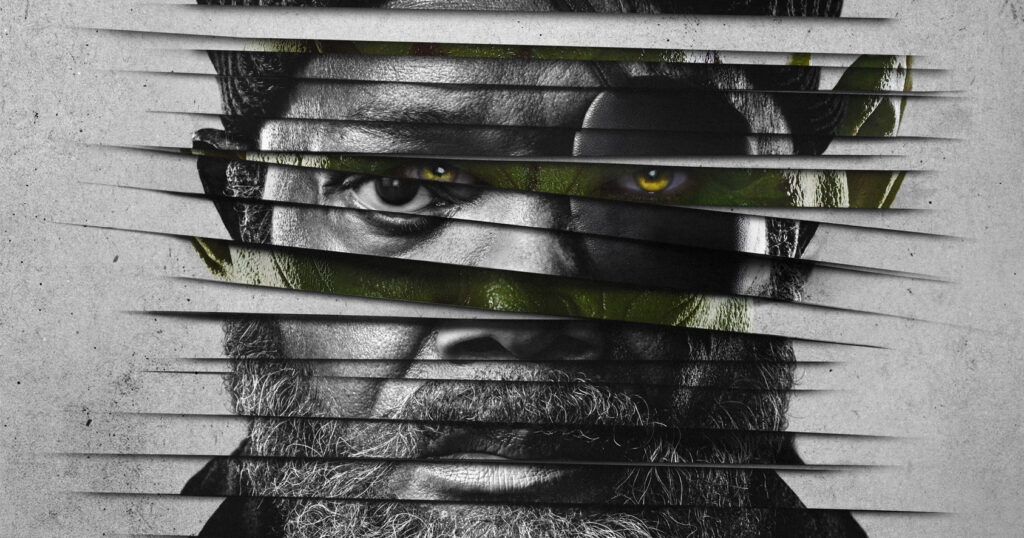













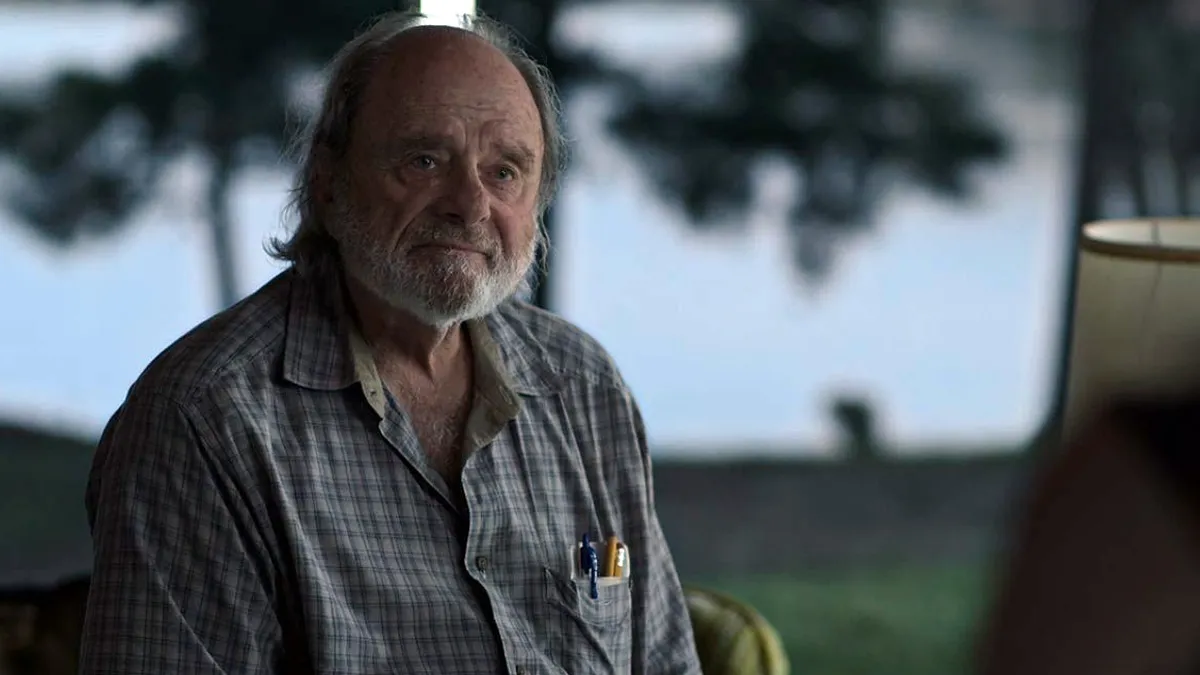

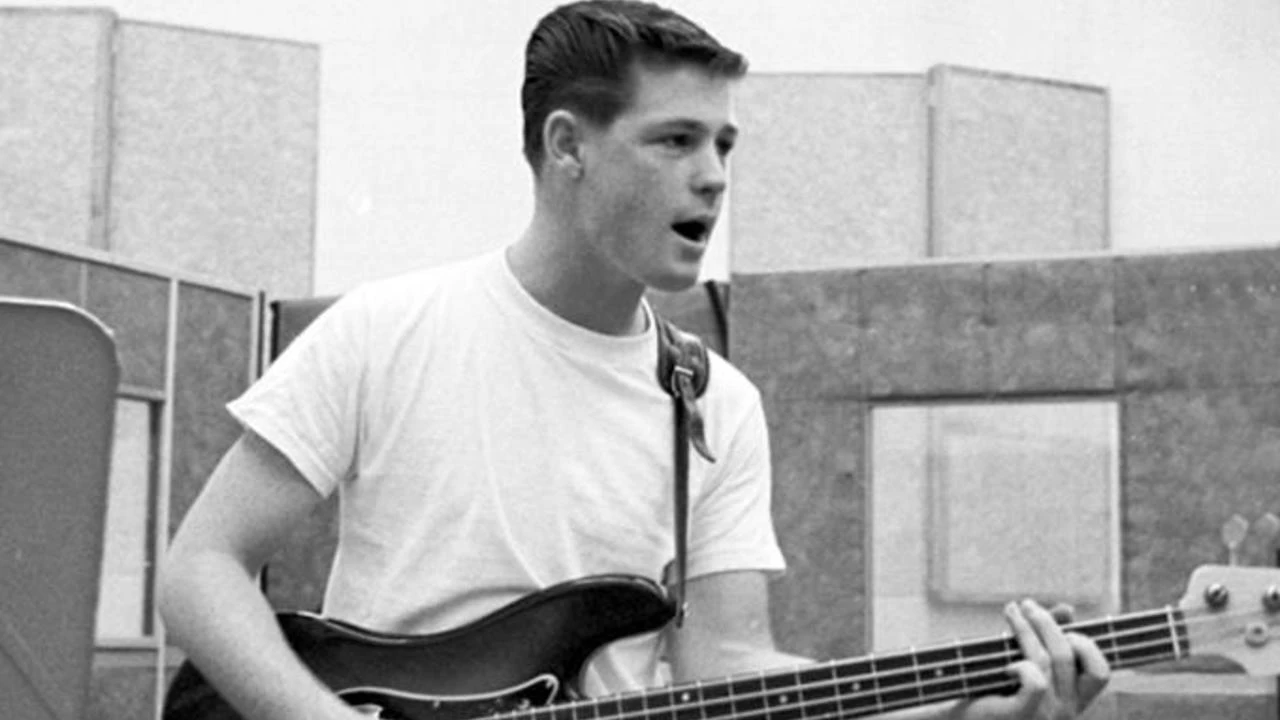




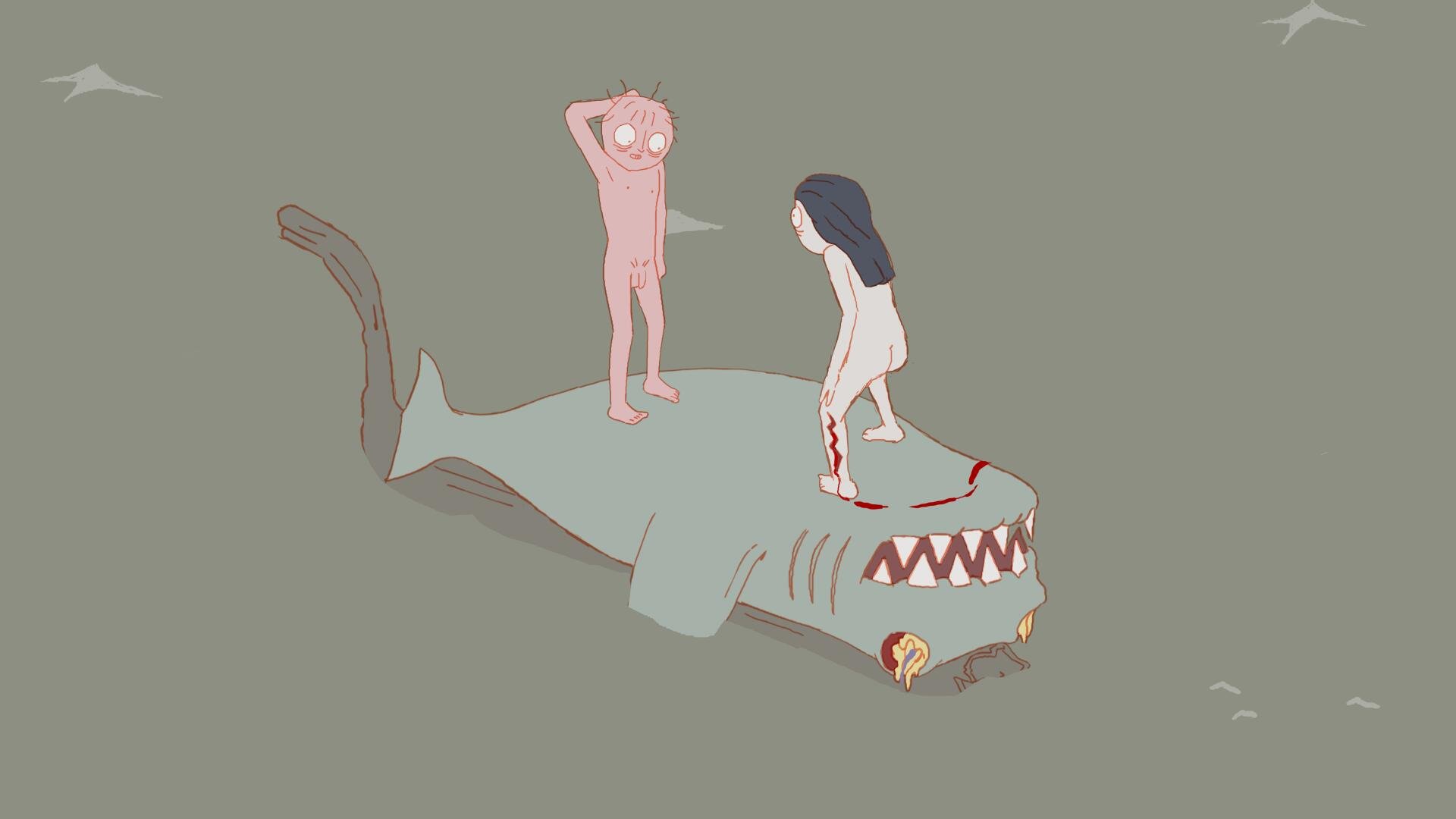
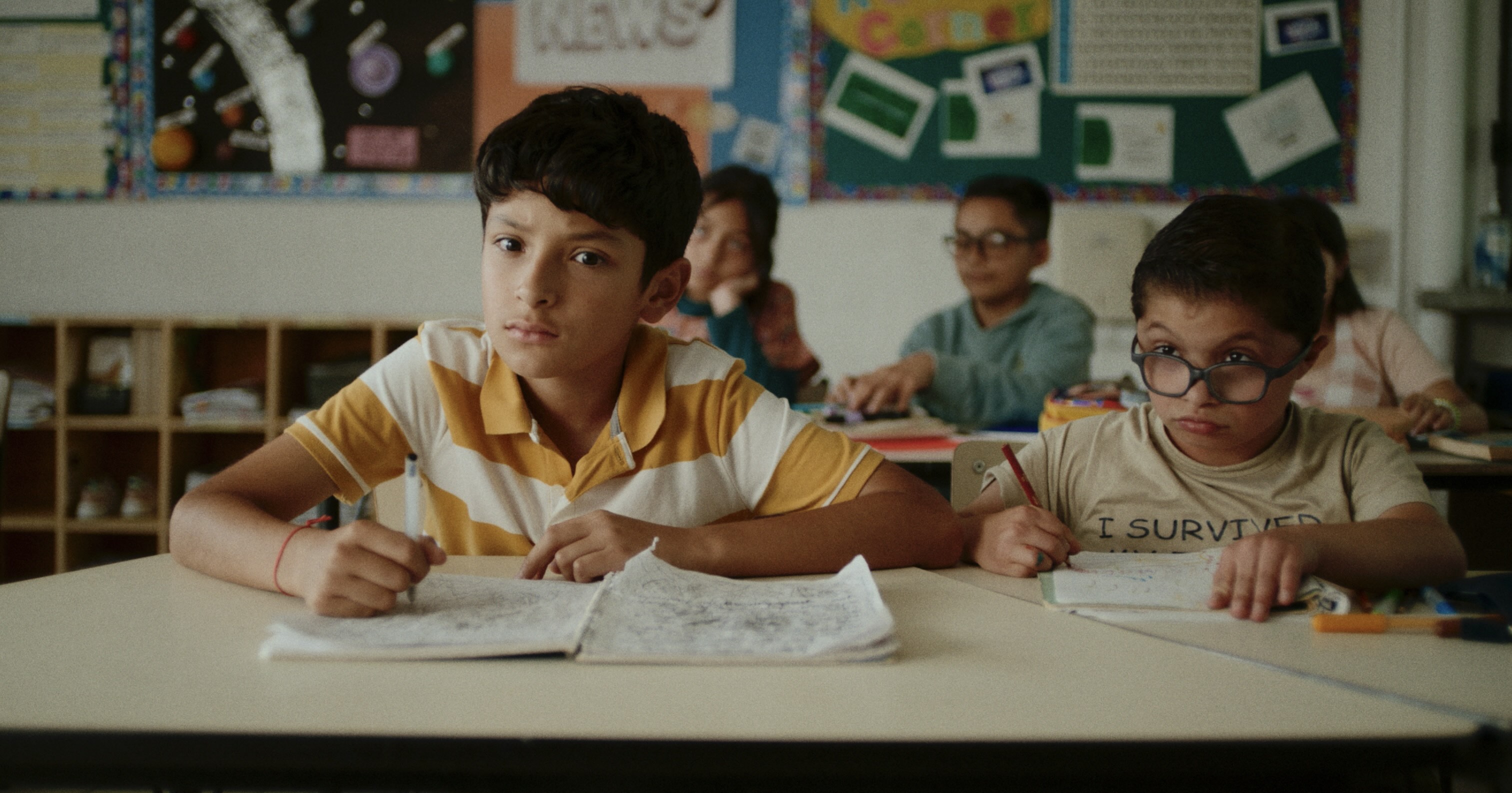
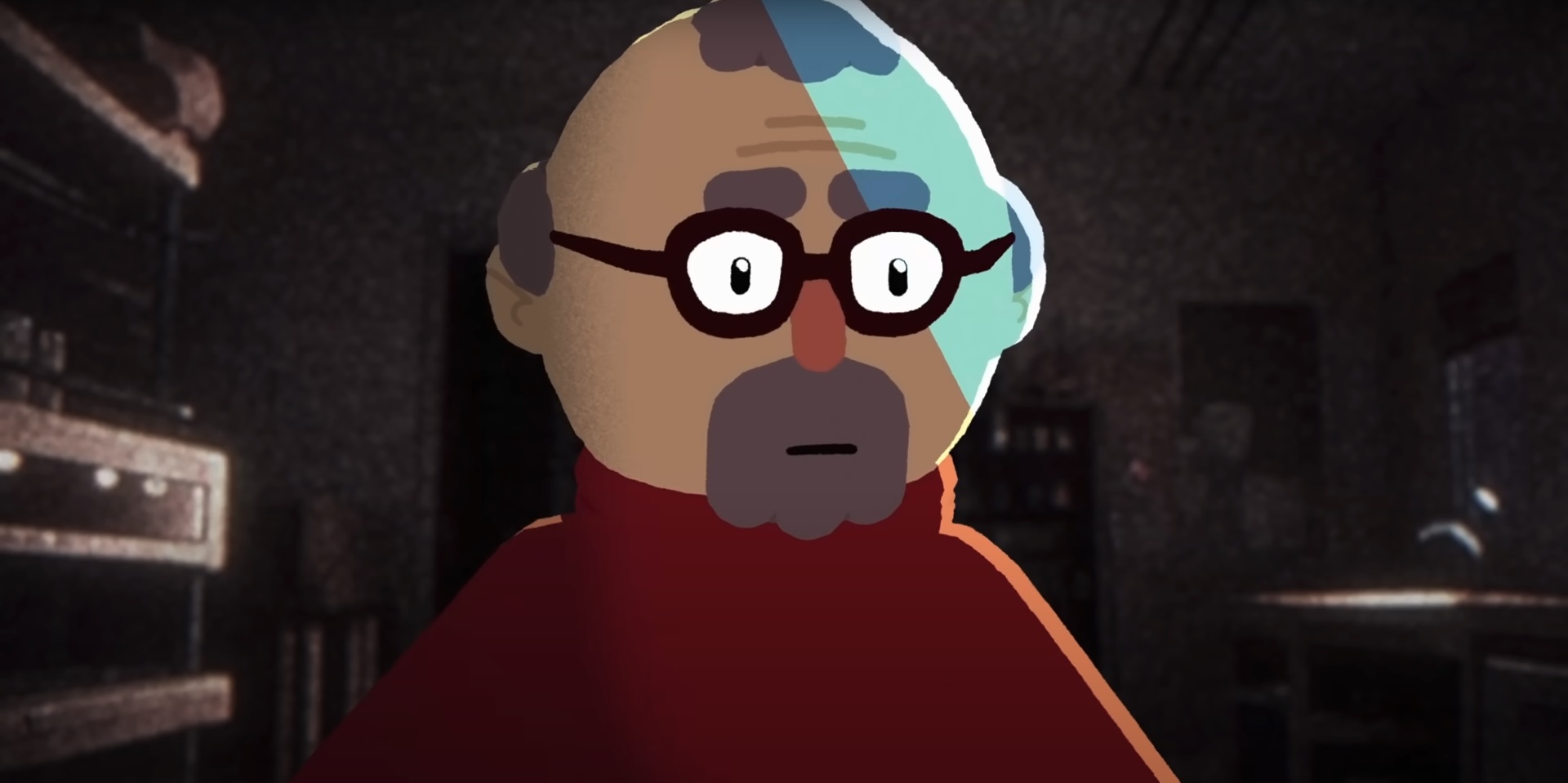
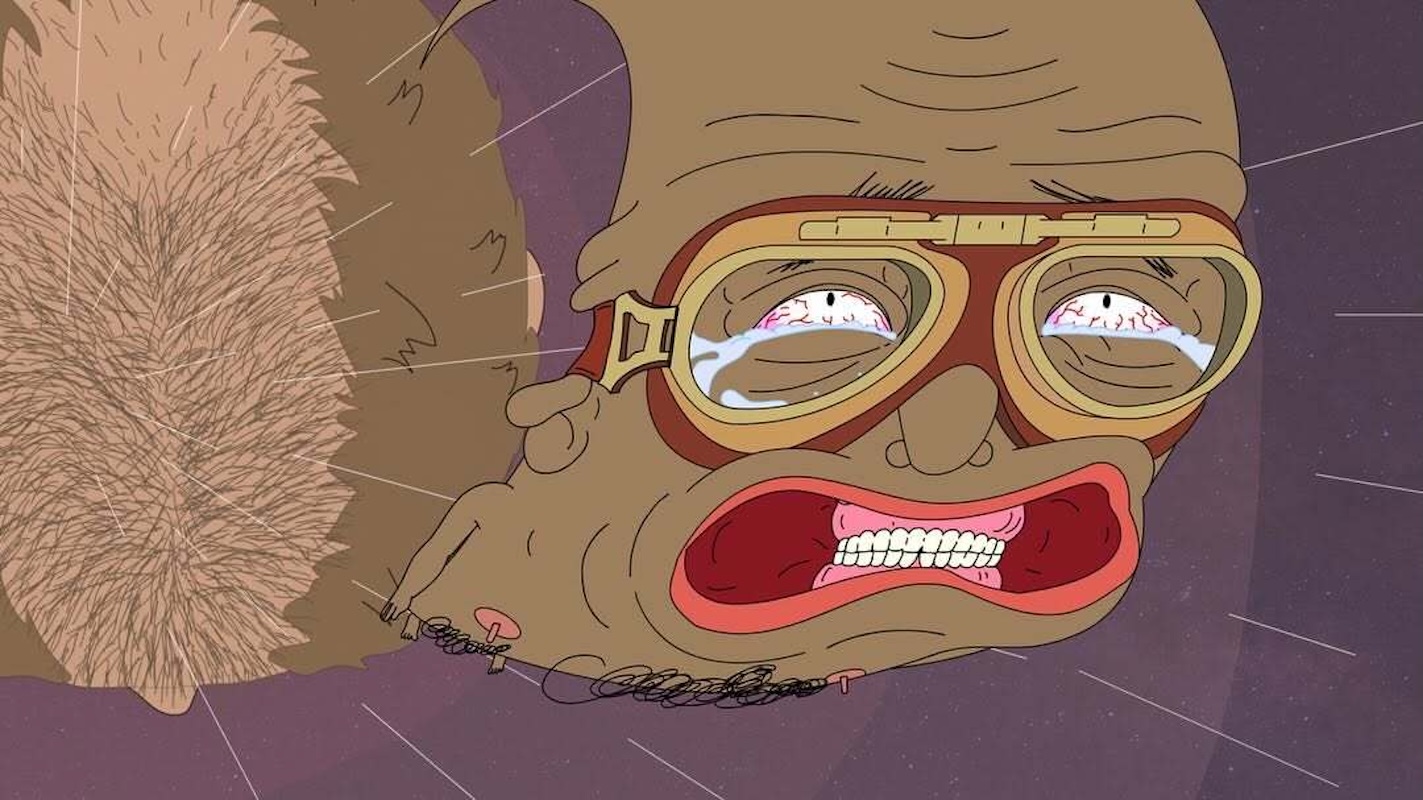
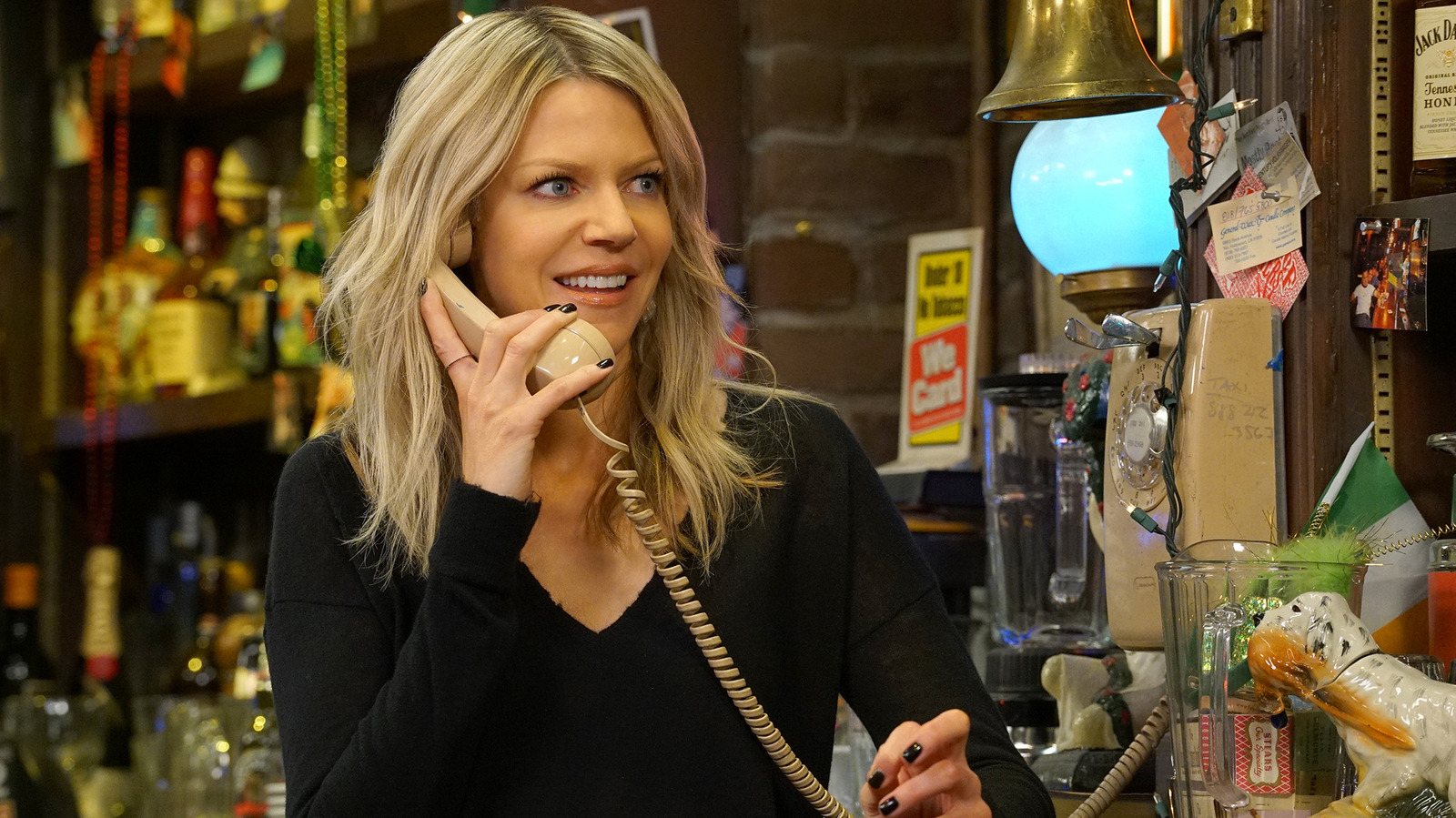
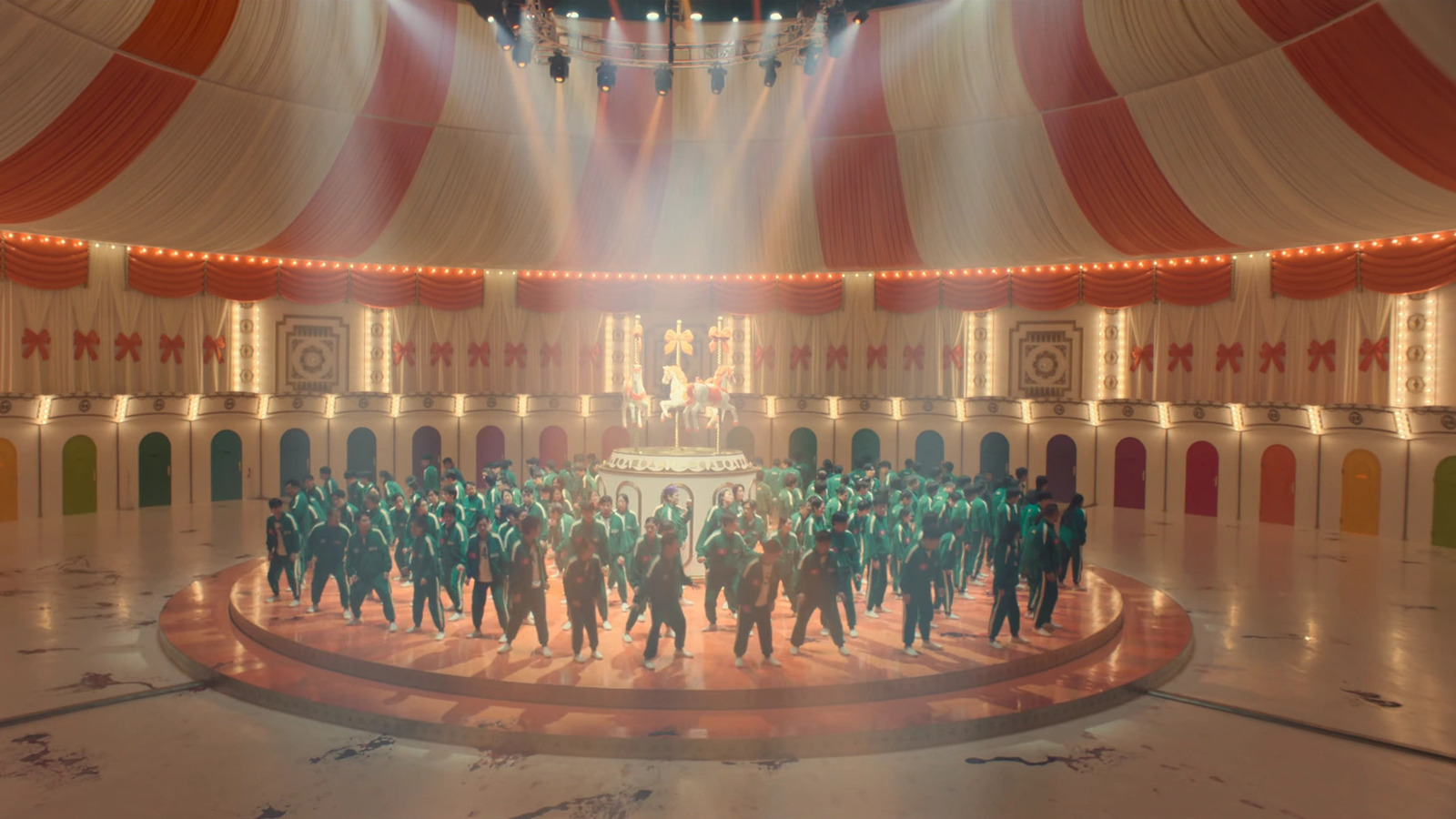

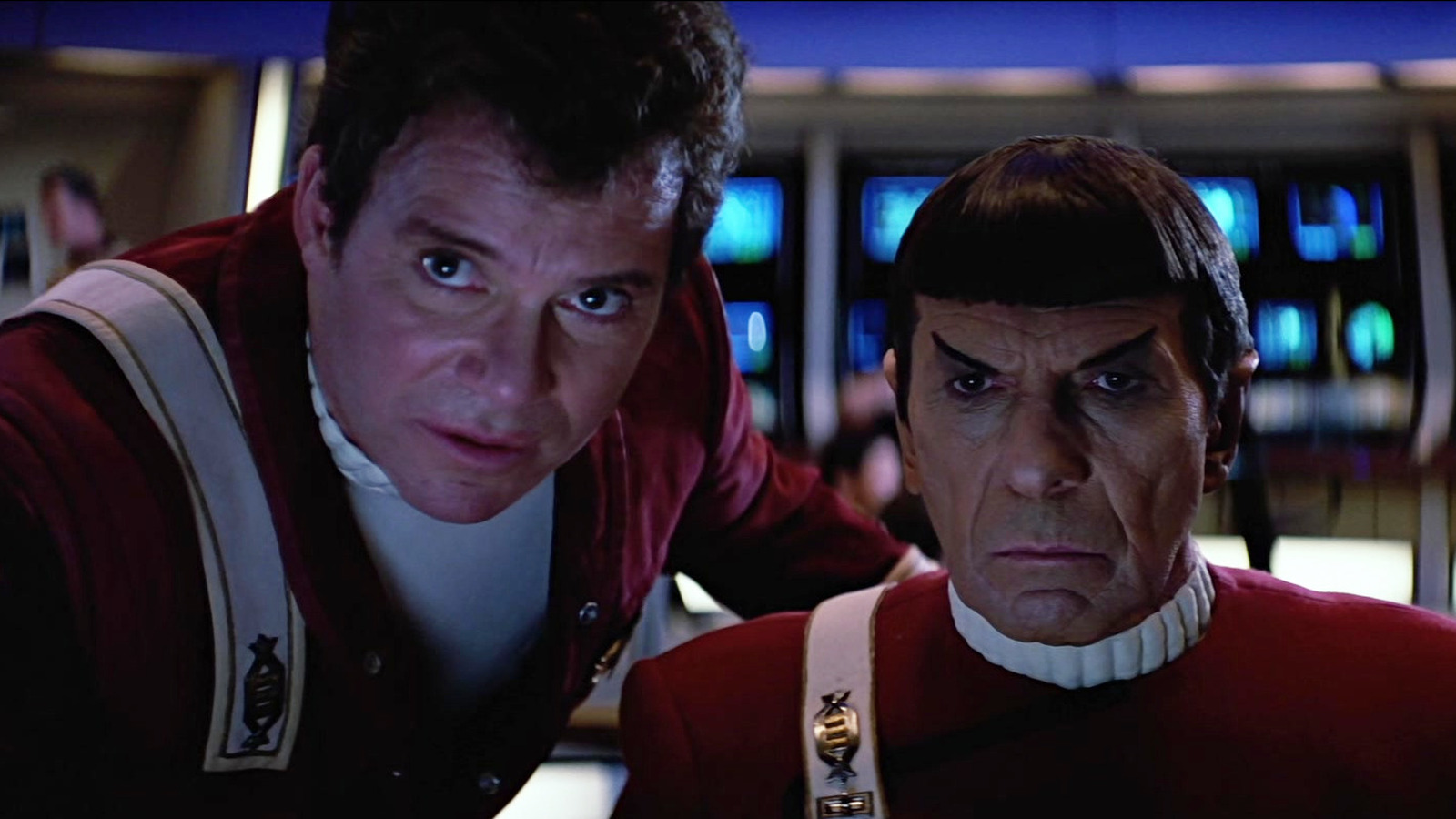

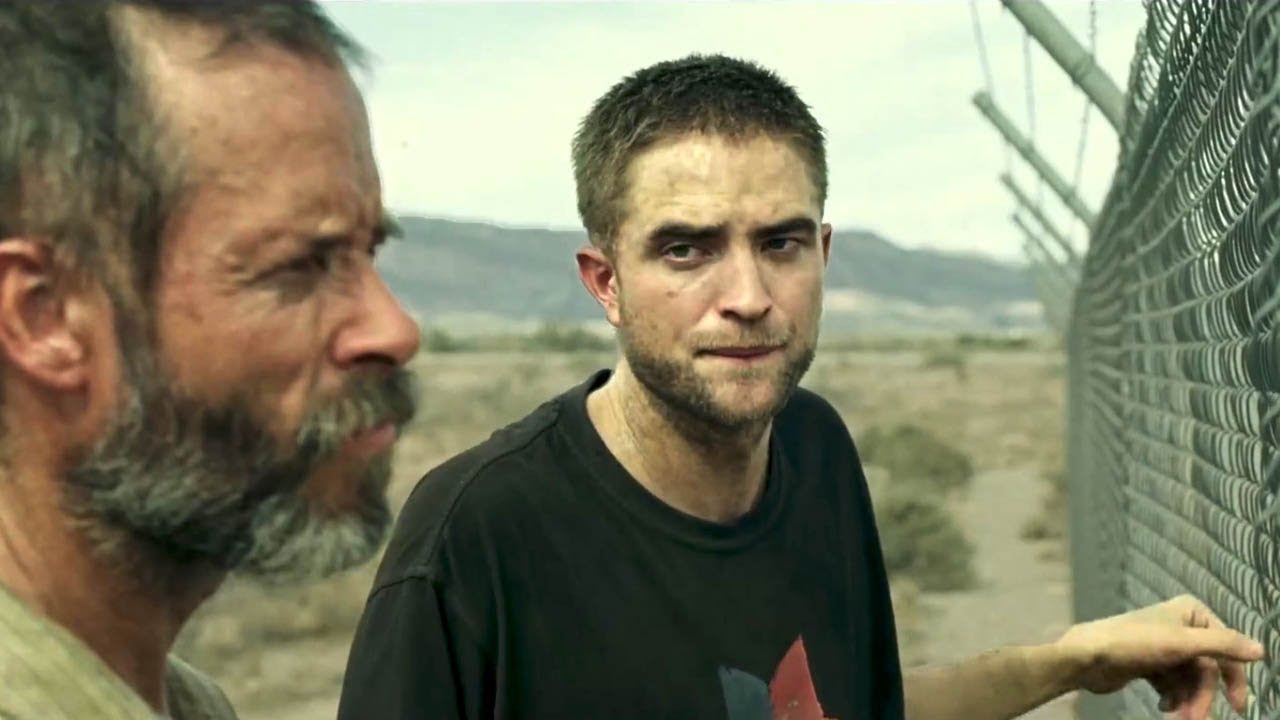










![‘Inside’ Review: Guy Pearce & Ed Cosmo Jarvis Elevate A Standard-Issue Aussie Prison Drama [Tribeca]](https://cdn.theplaylist.net/wp-content/uploads/2025/06/16154955/Inside-Guy-Pearce.jpg)










































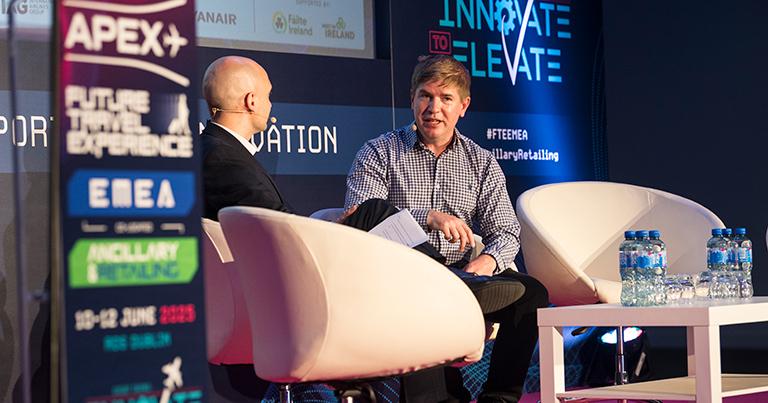

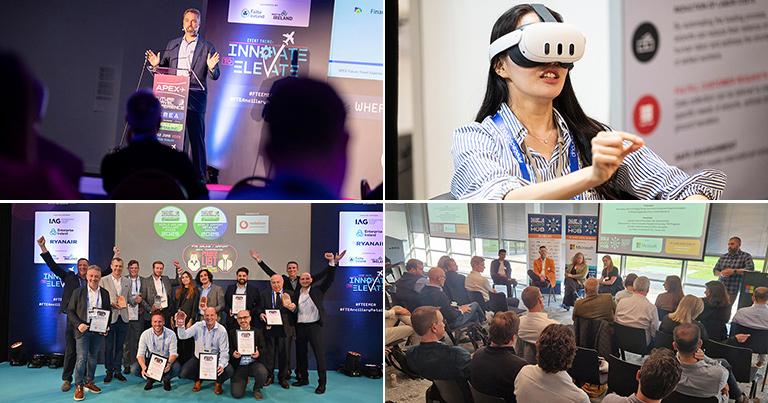







































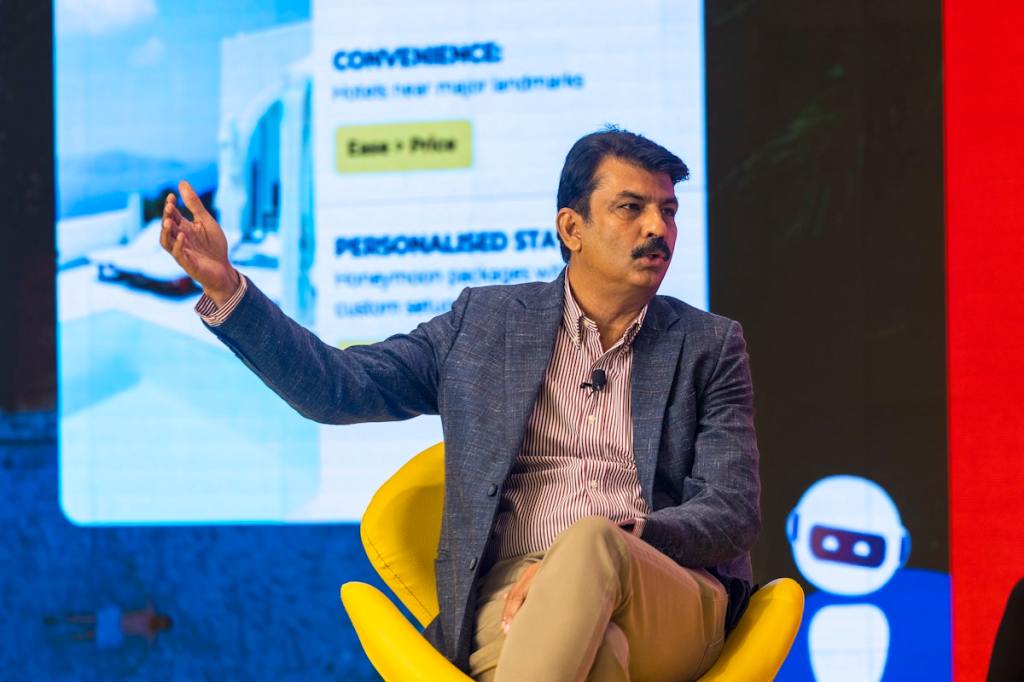







































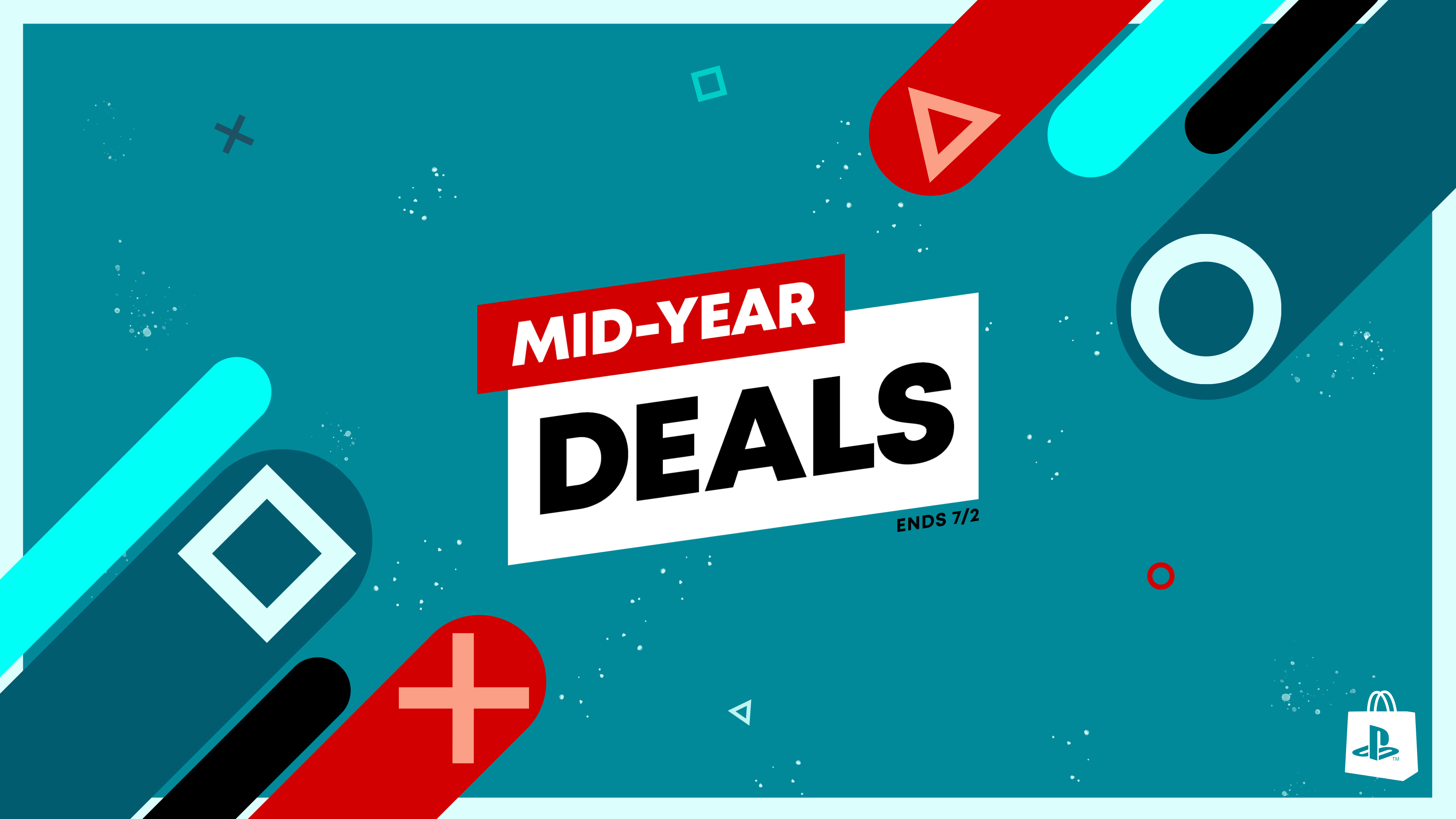







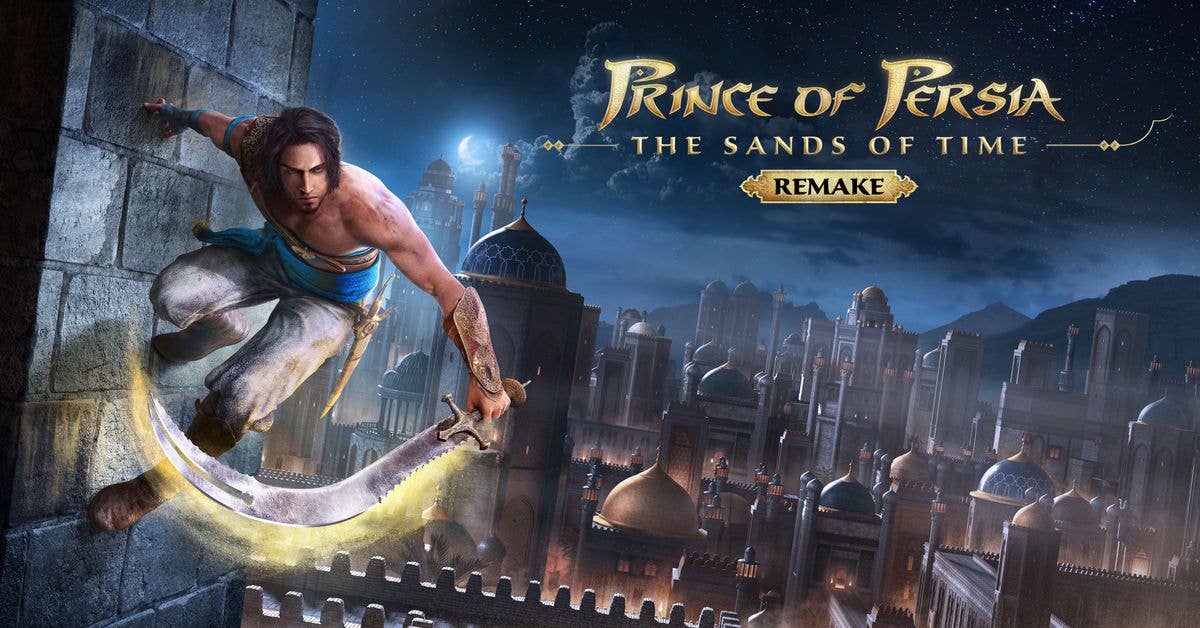















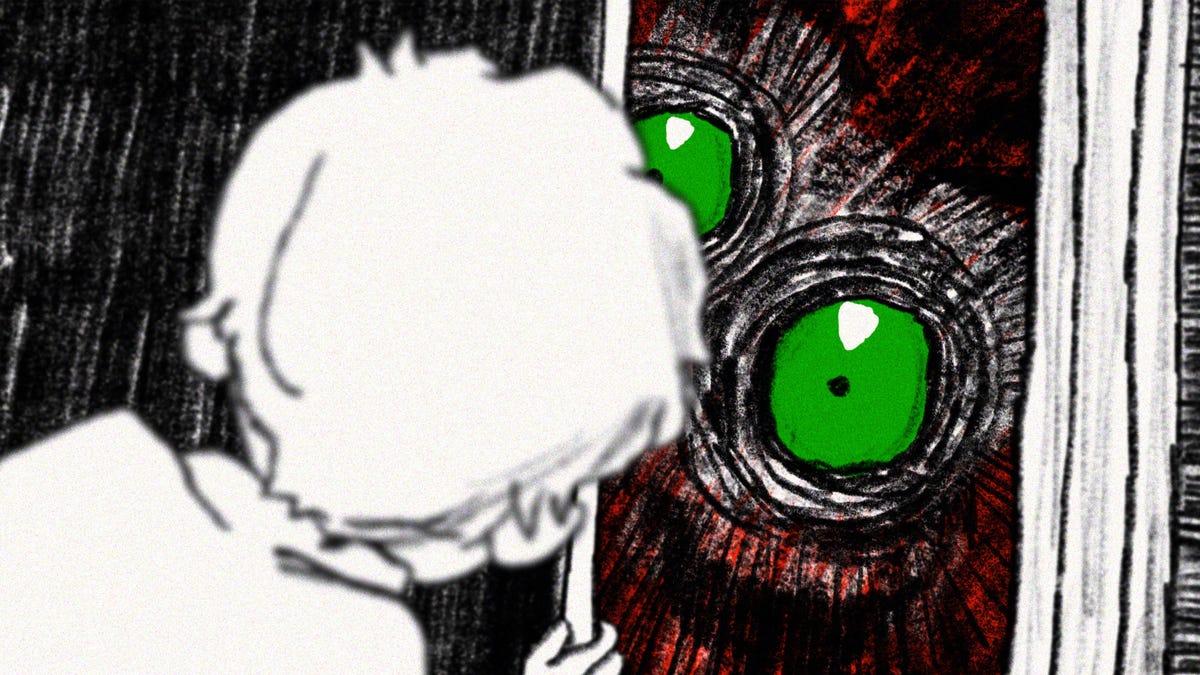







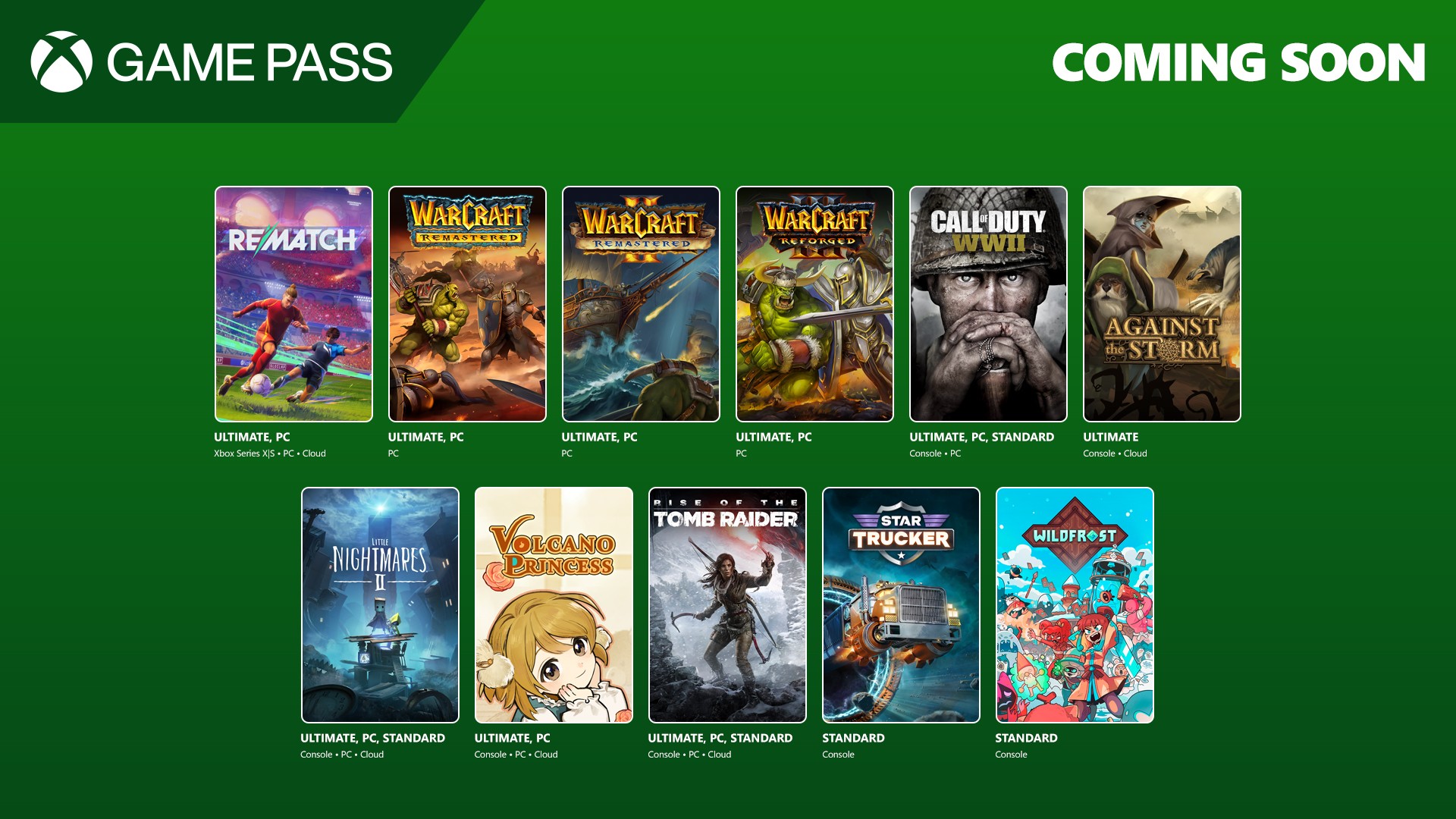
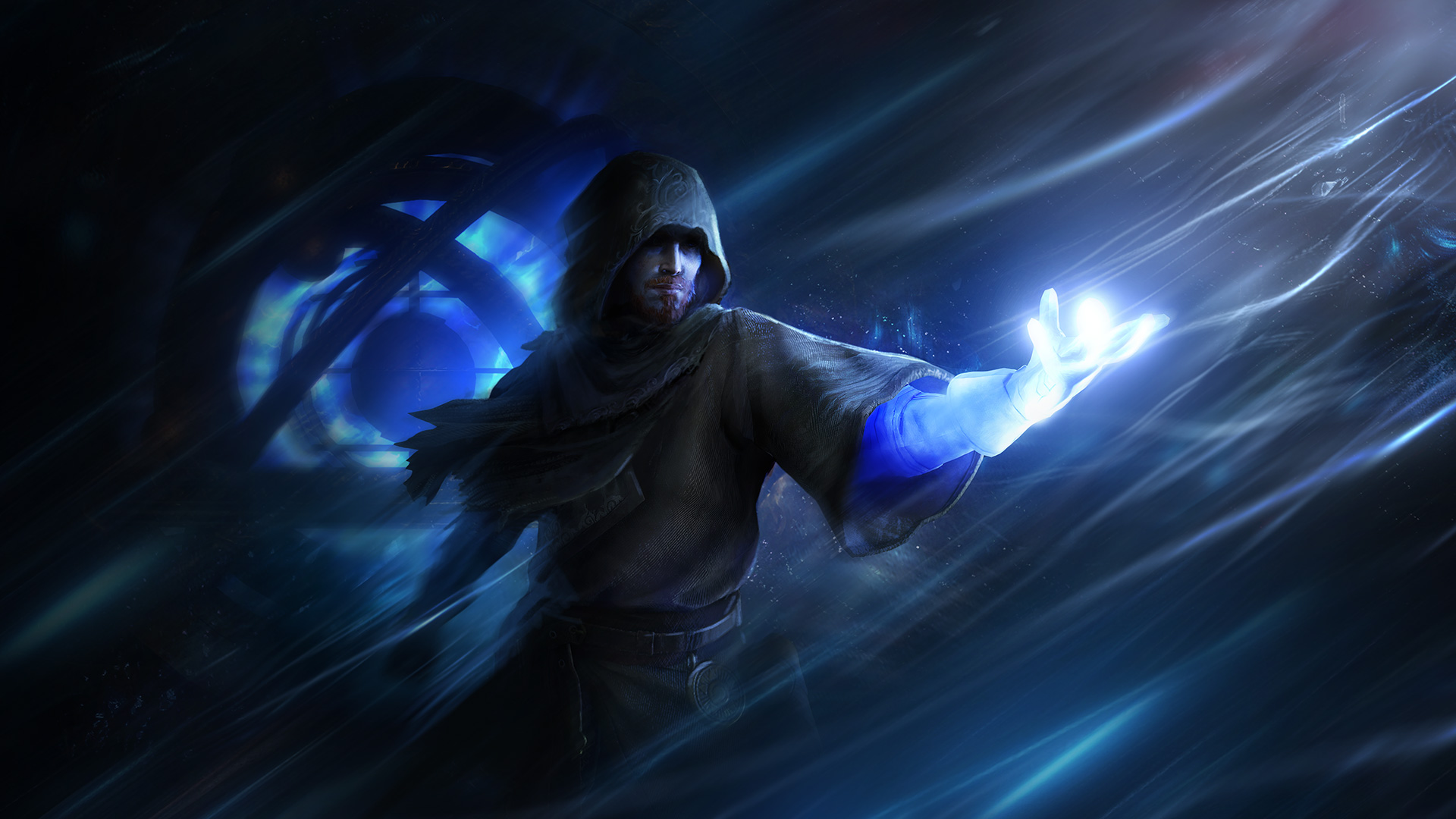




















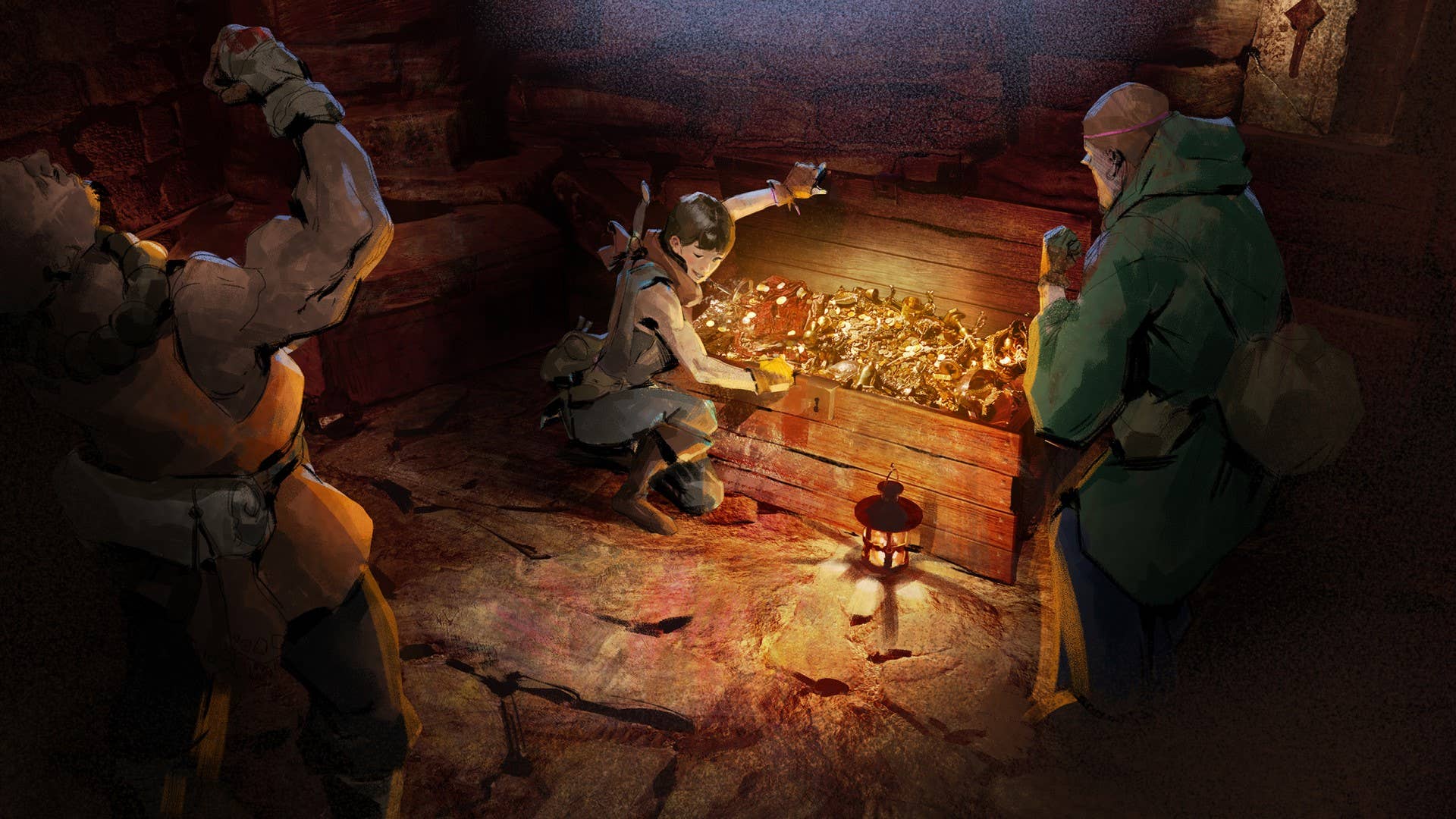

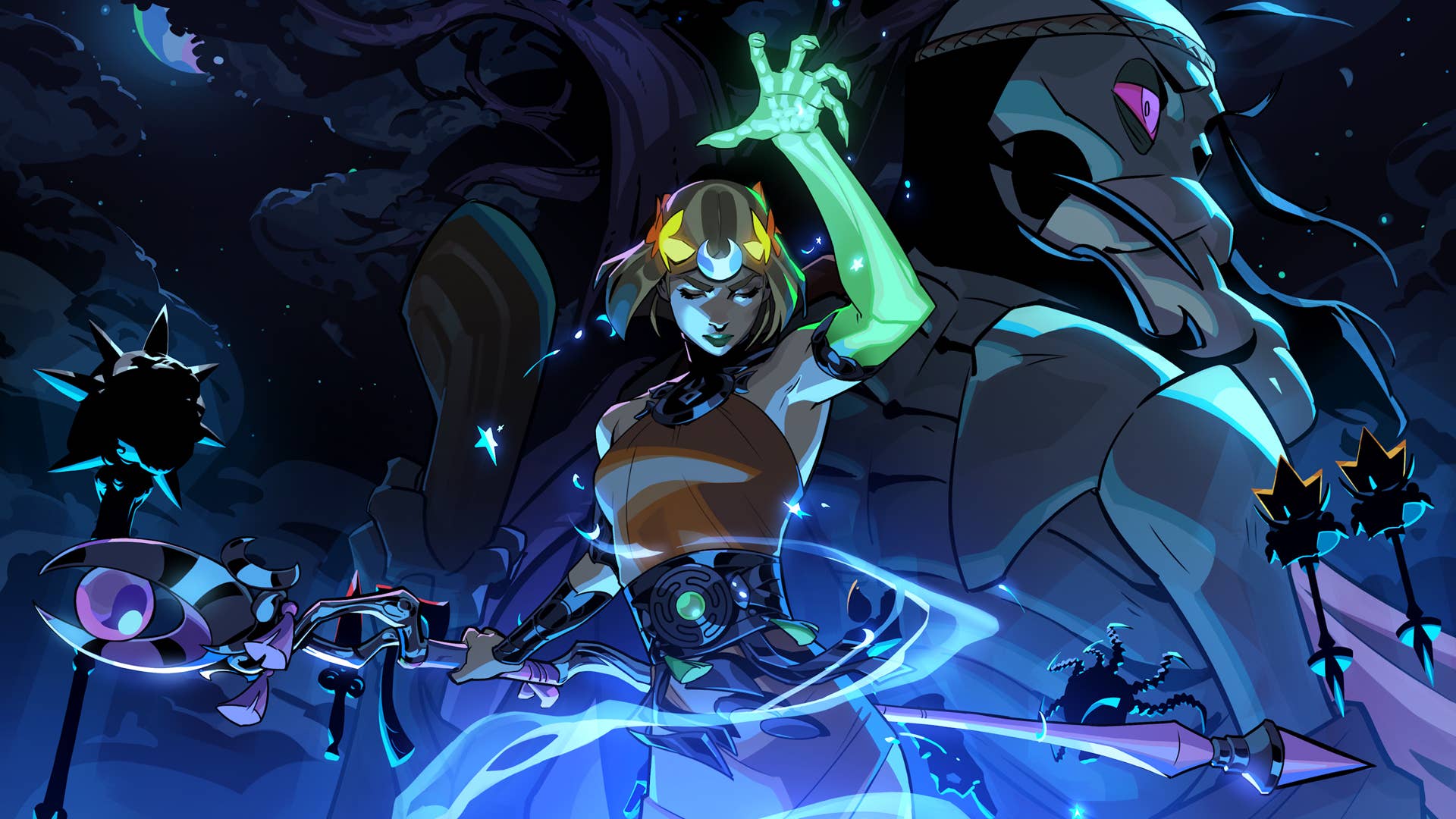










































































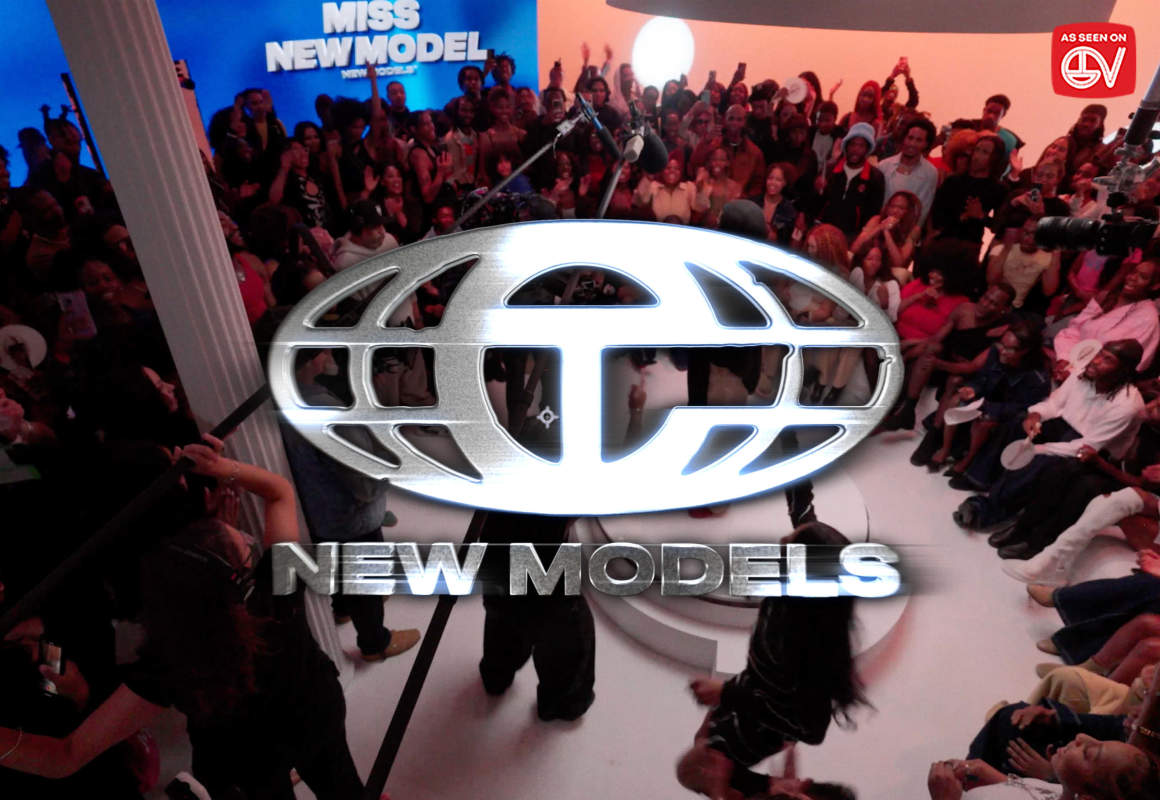

















![[Podcast] Problem Framing: Rewire How You Think, Create, and Lead with Rory Sutherland](https://justcreative.com/wp-content/uploads/2025/06/rort-sutherland-35.png)












